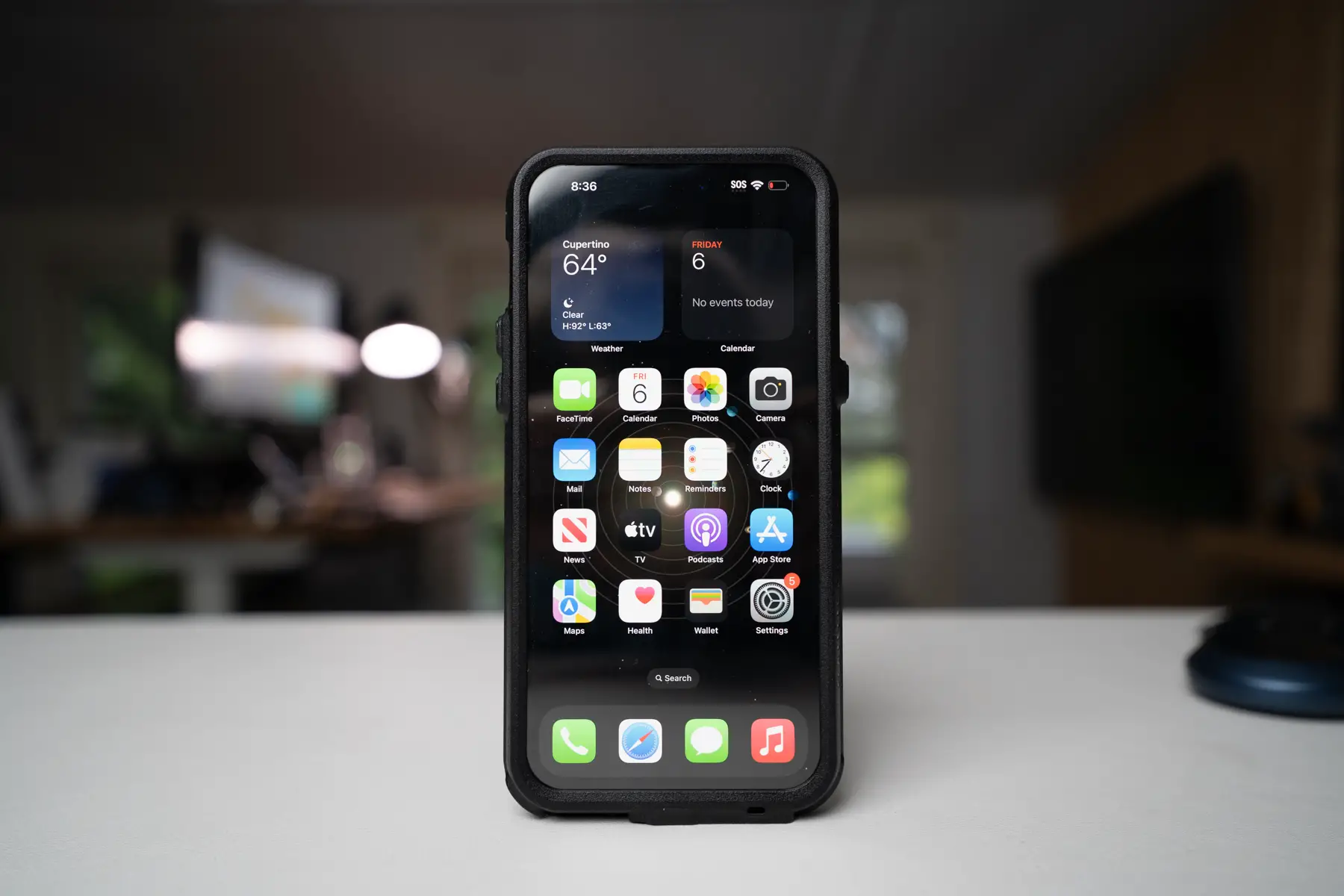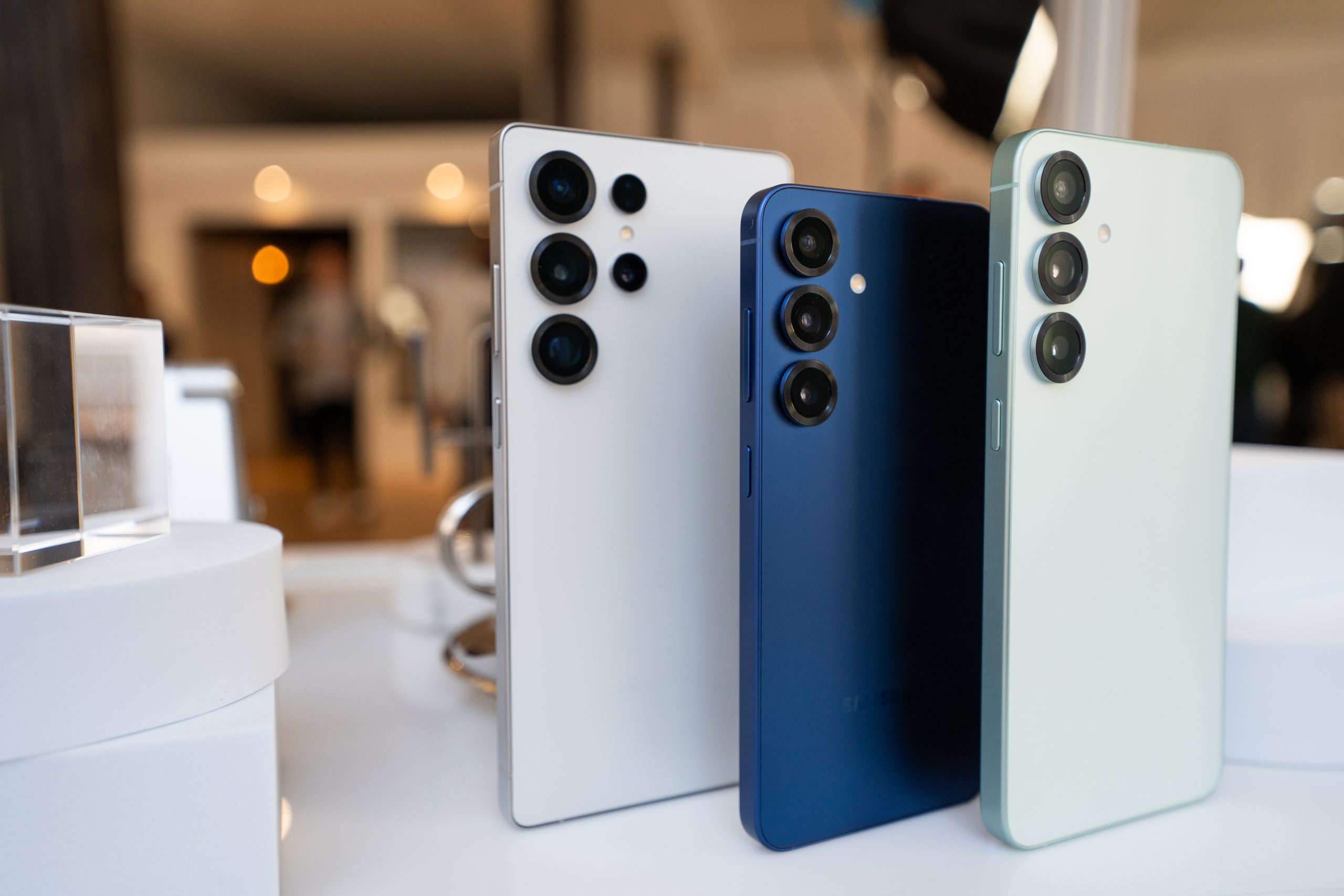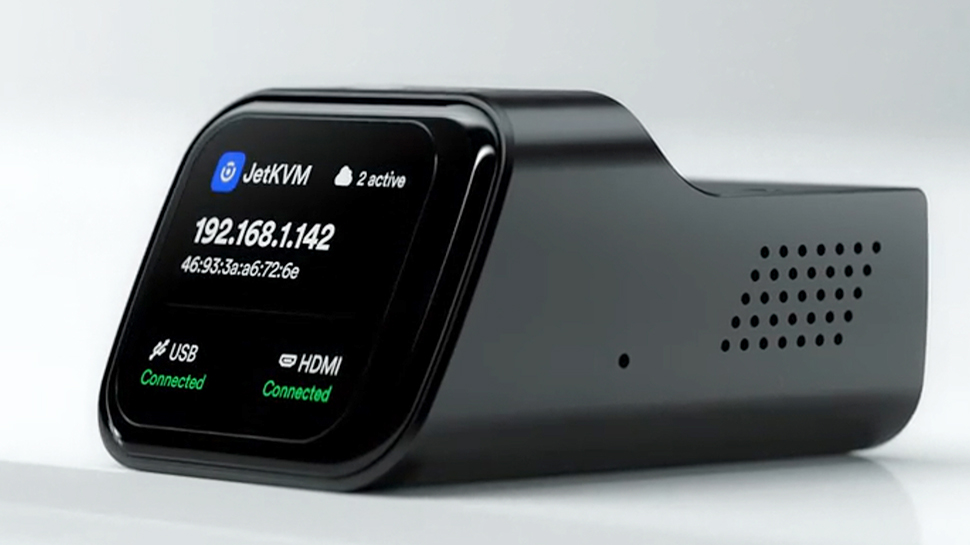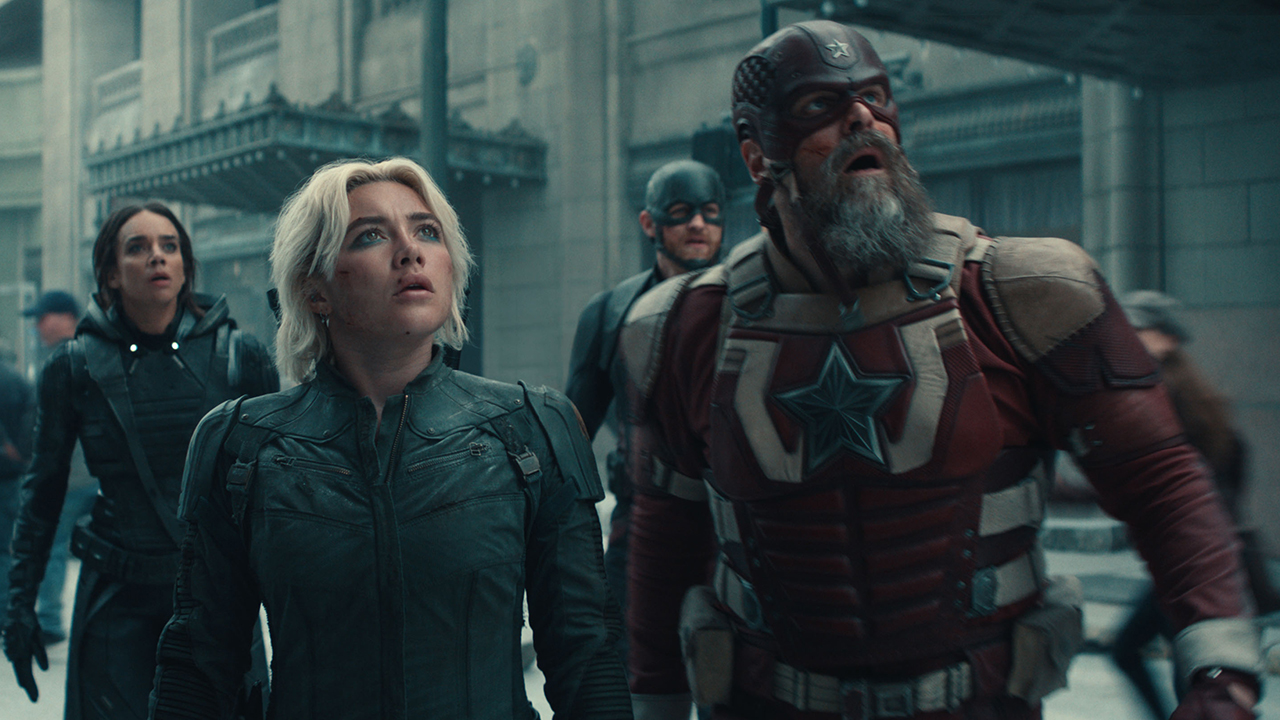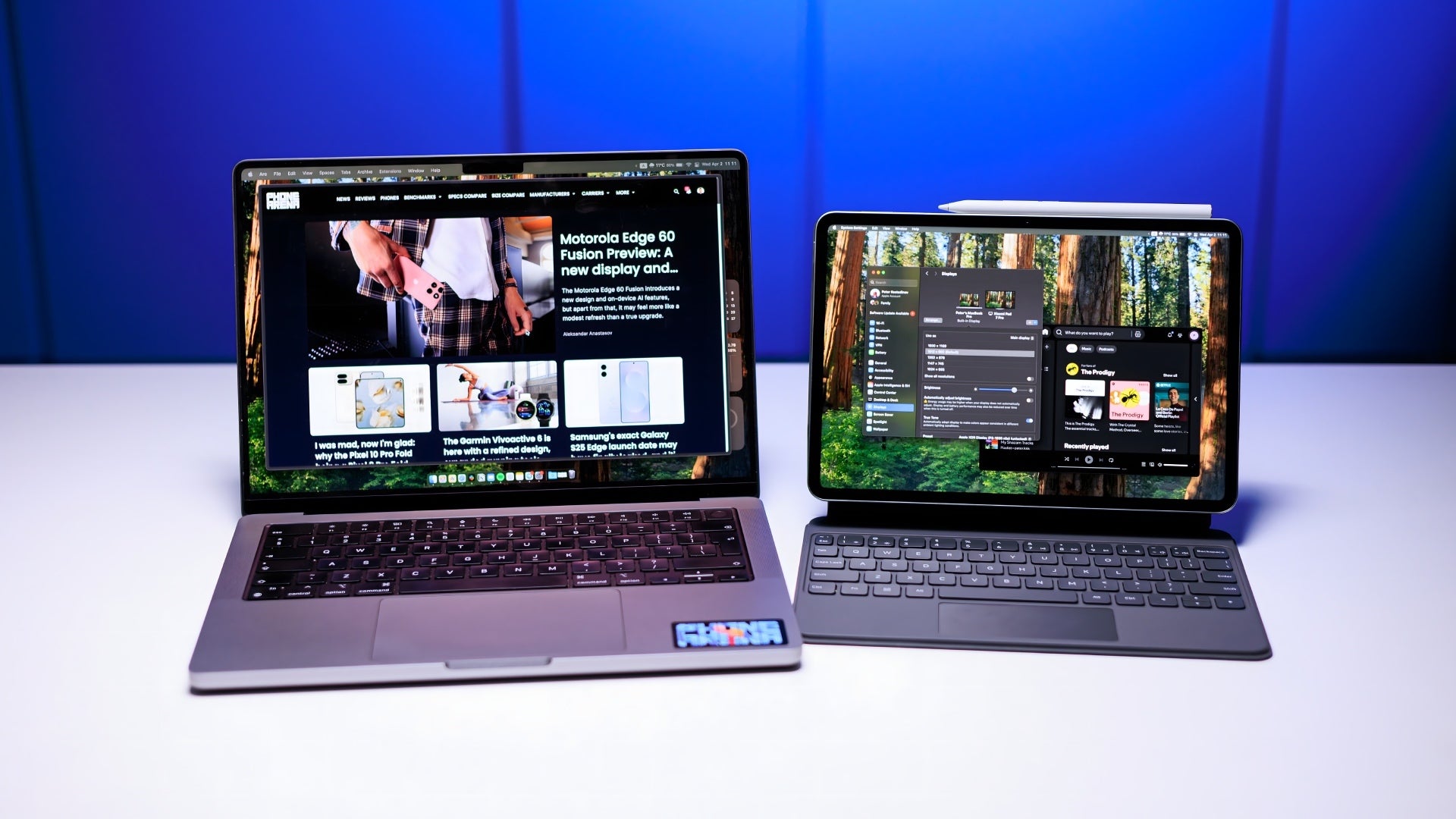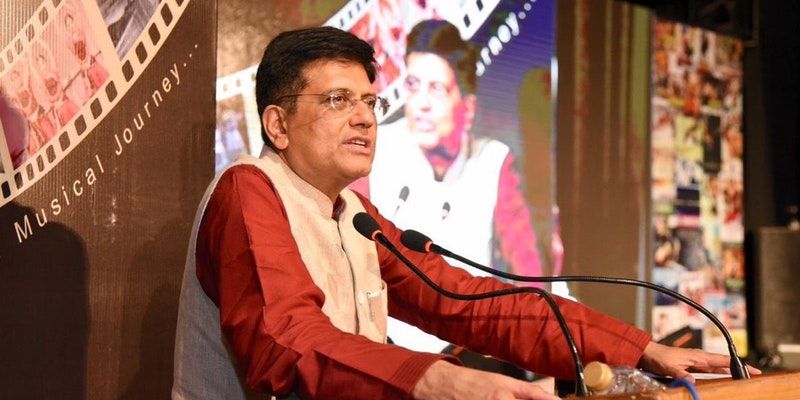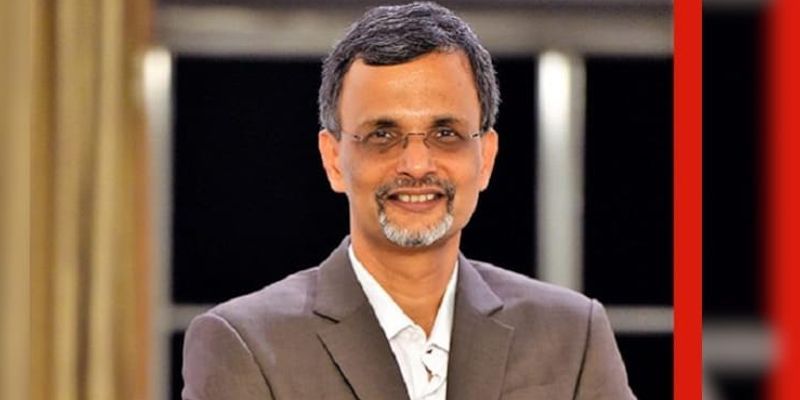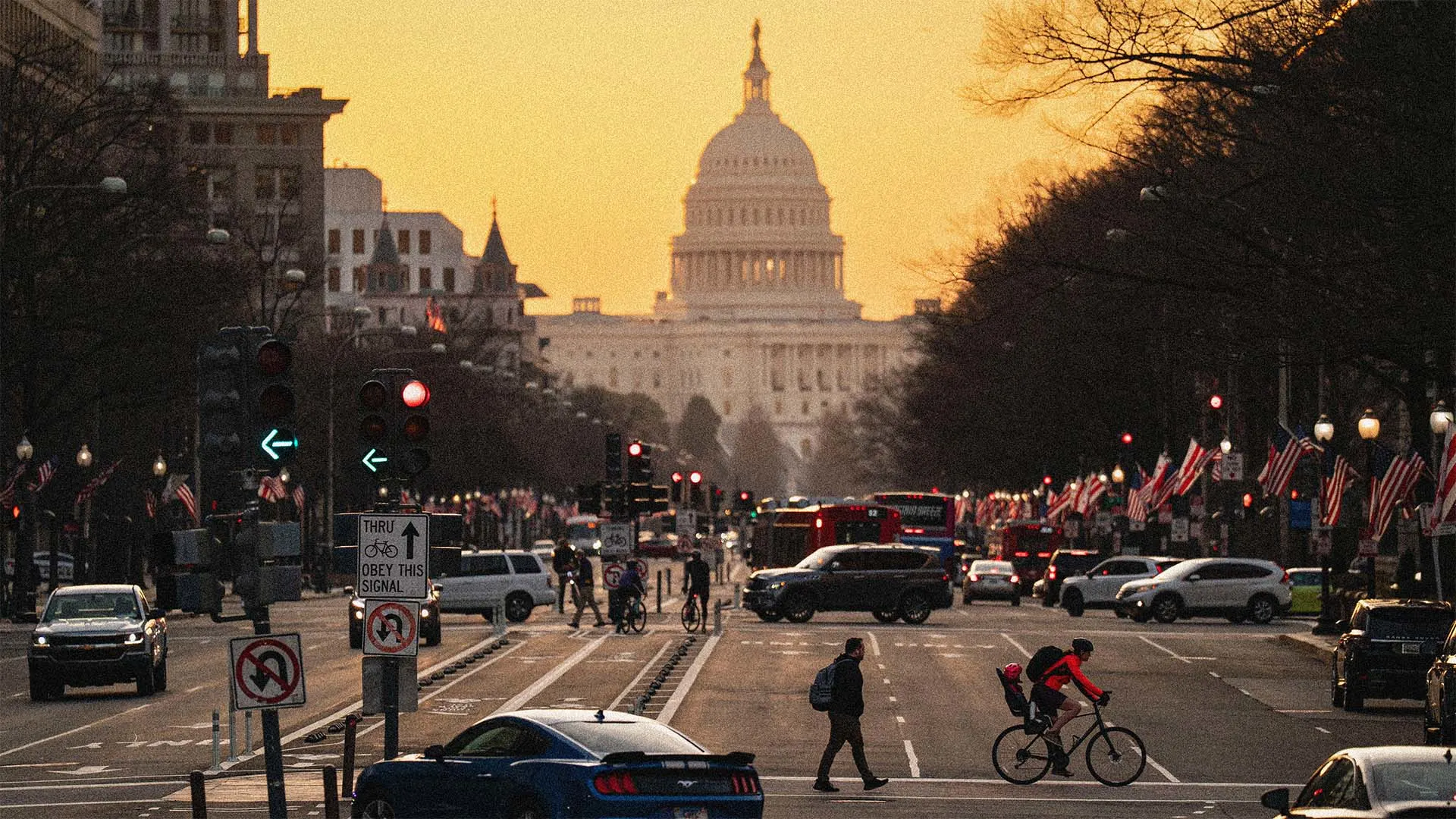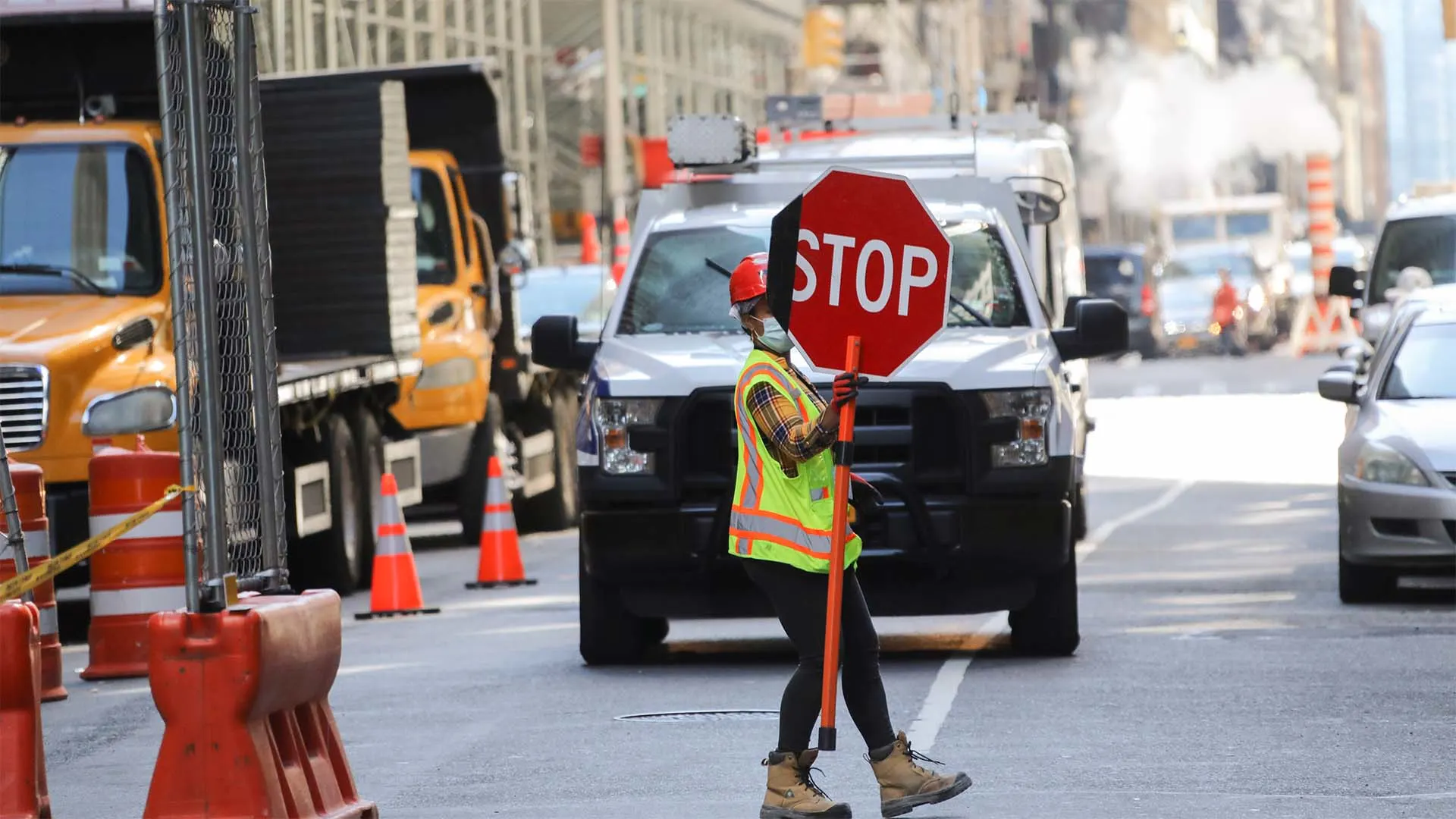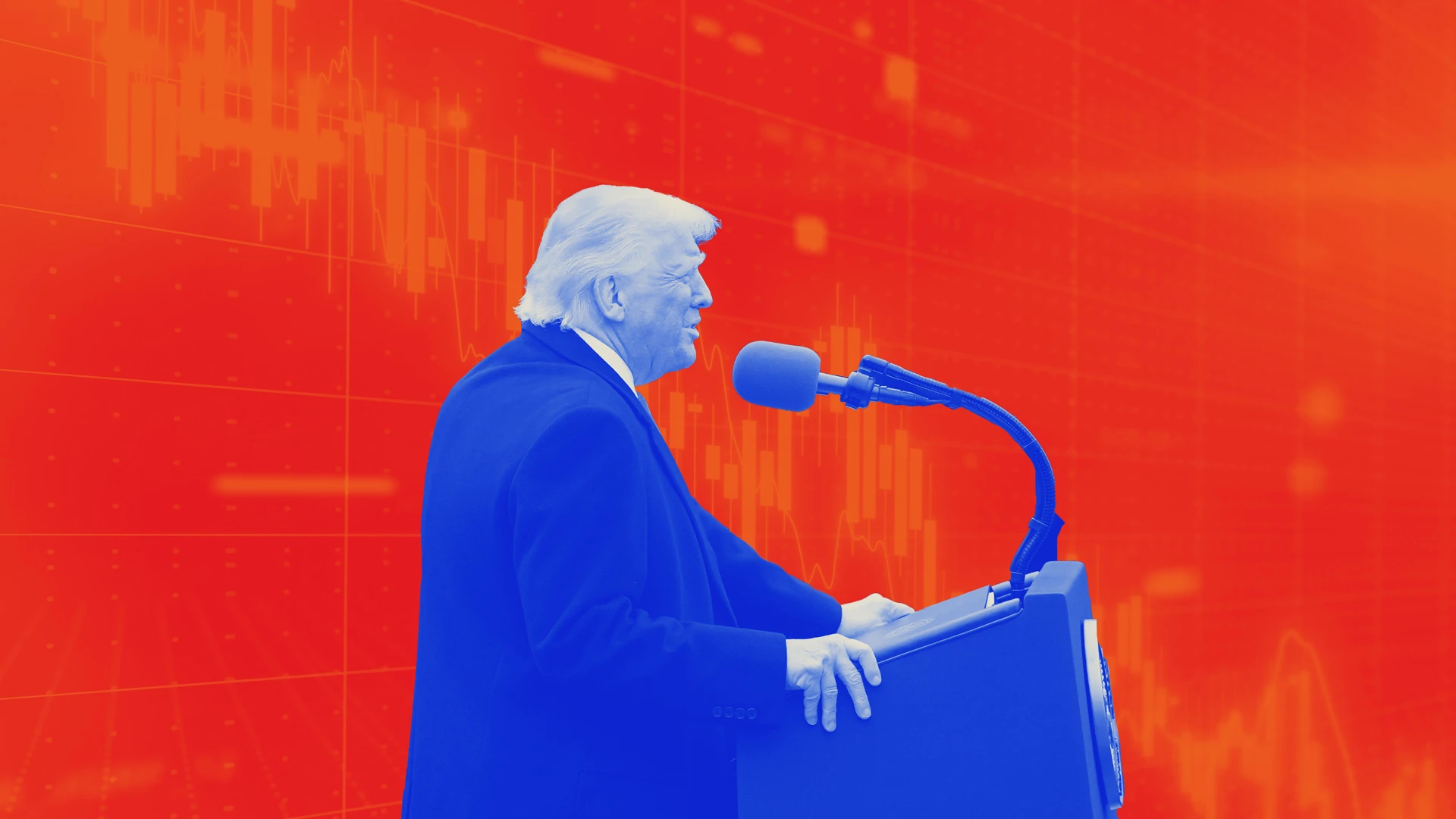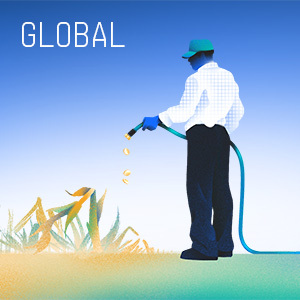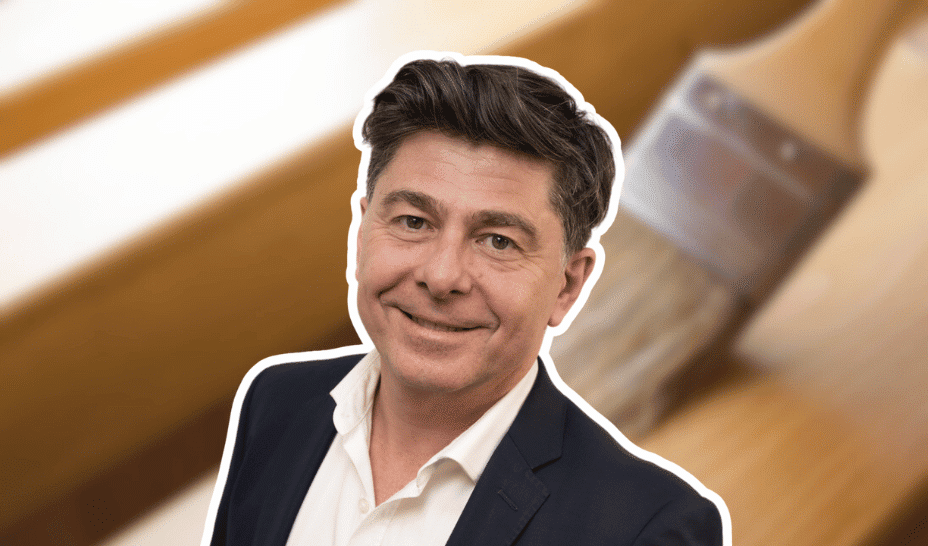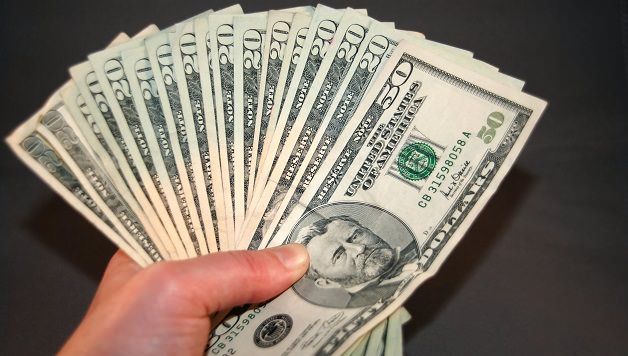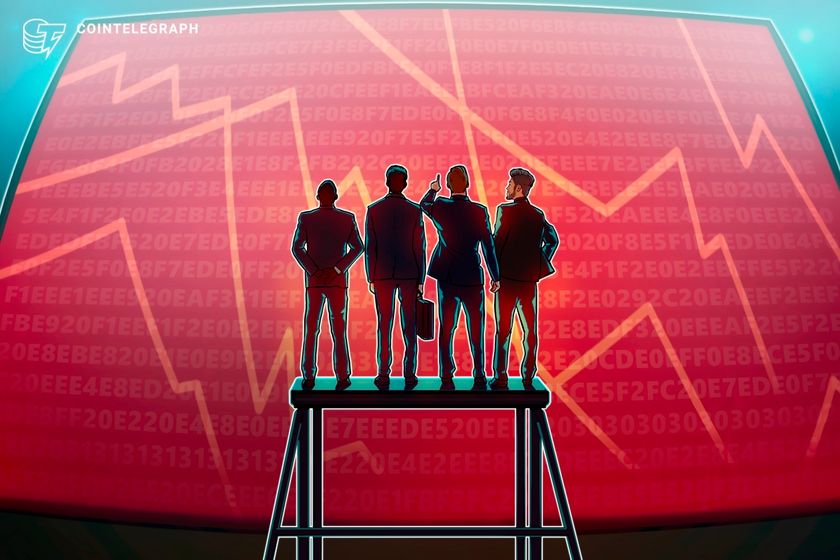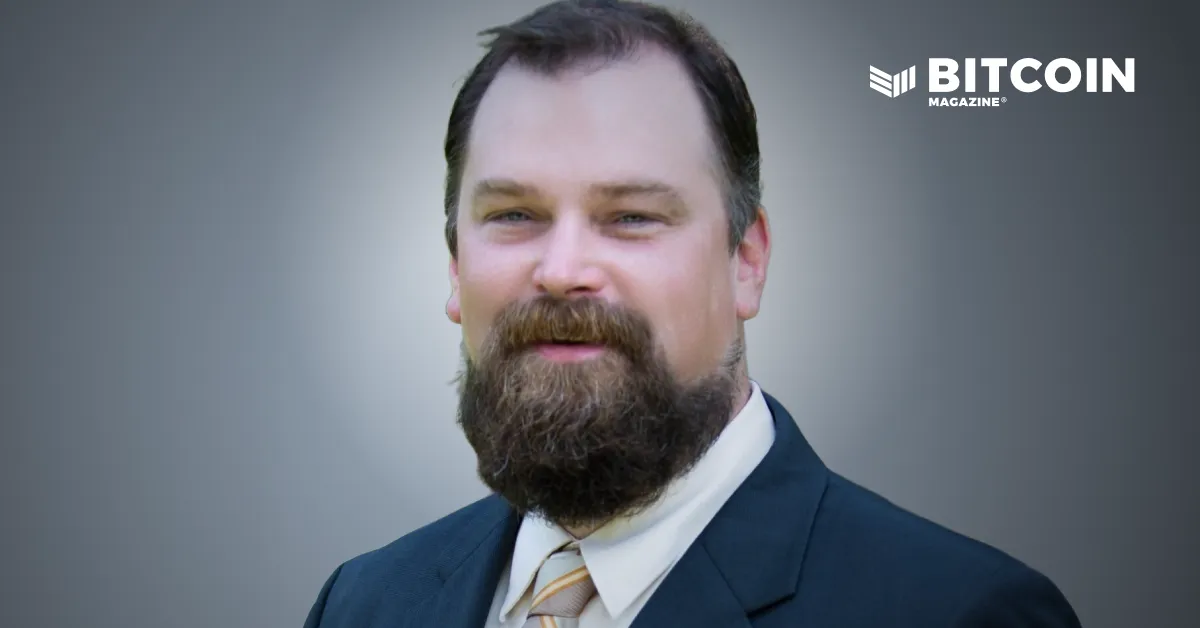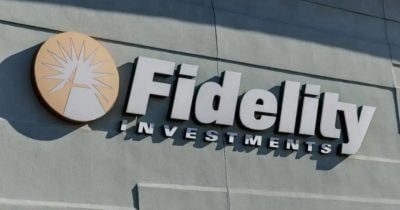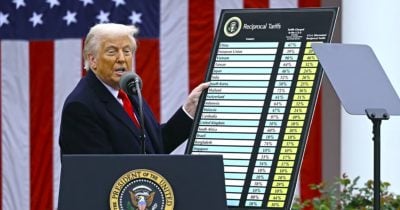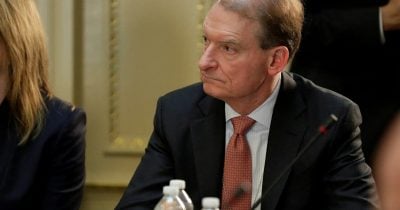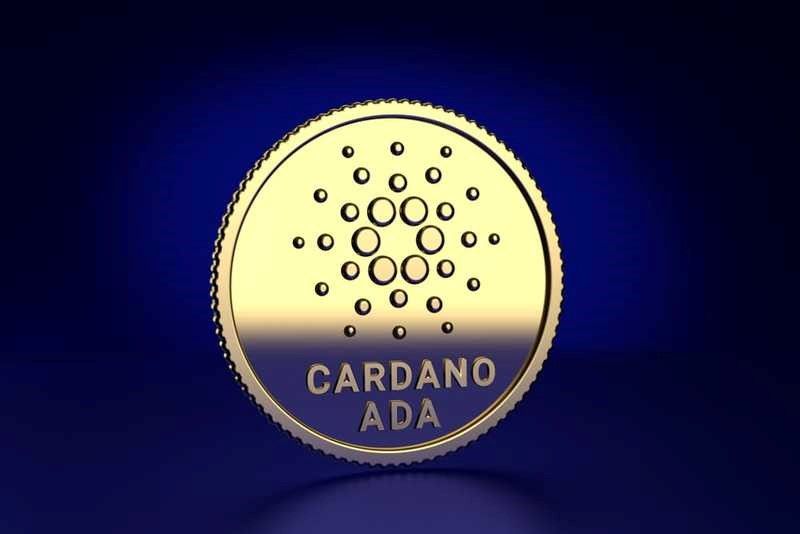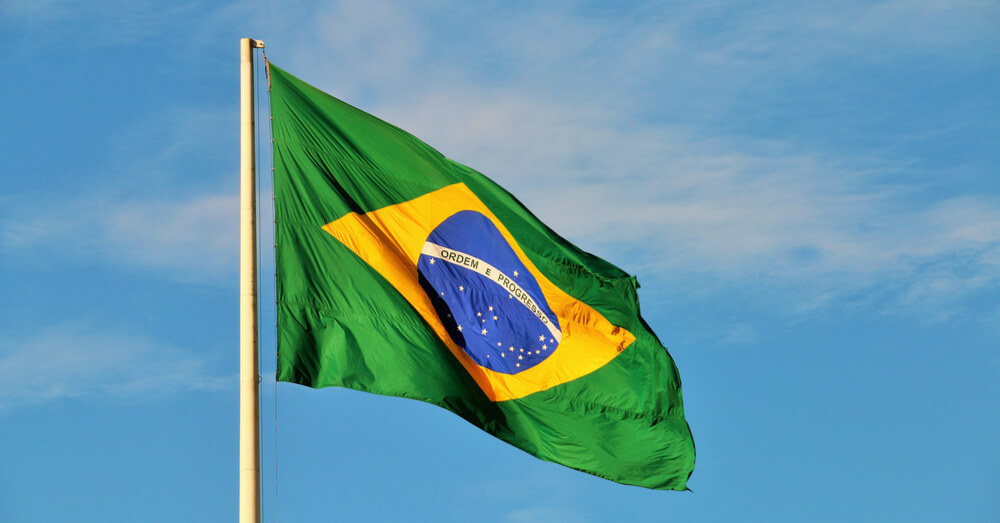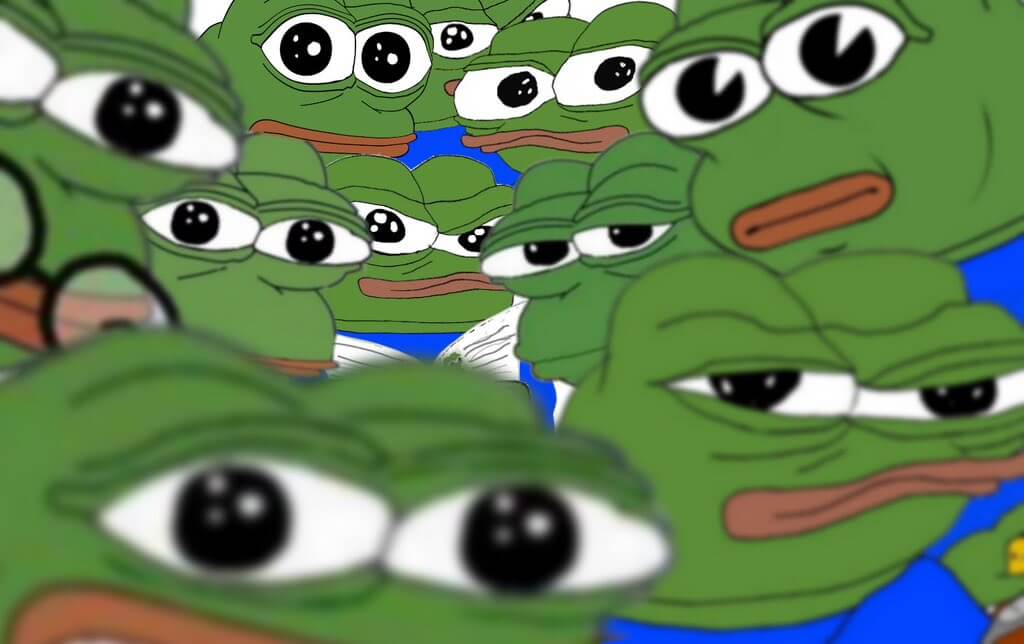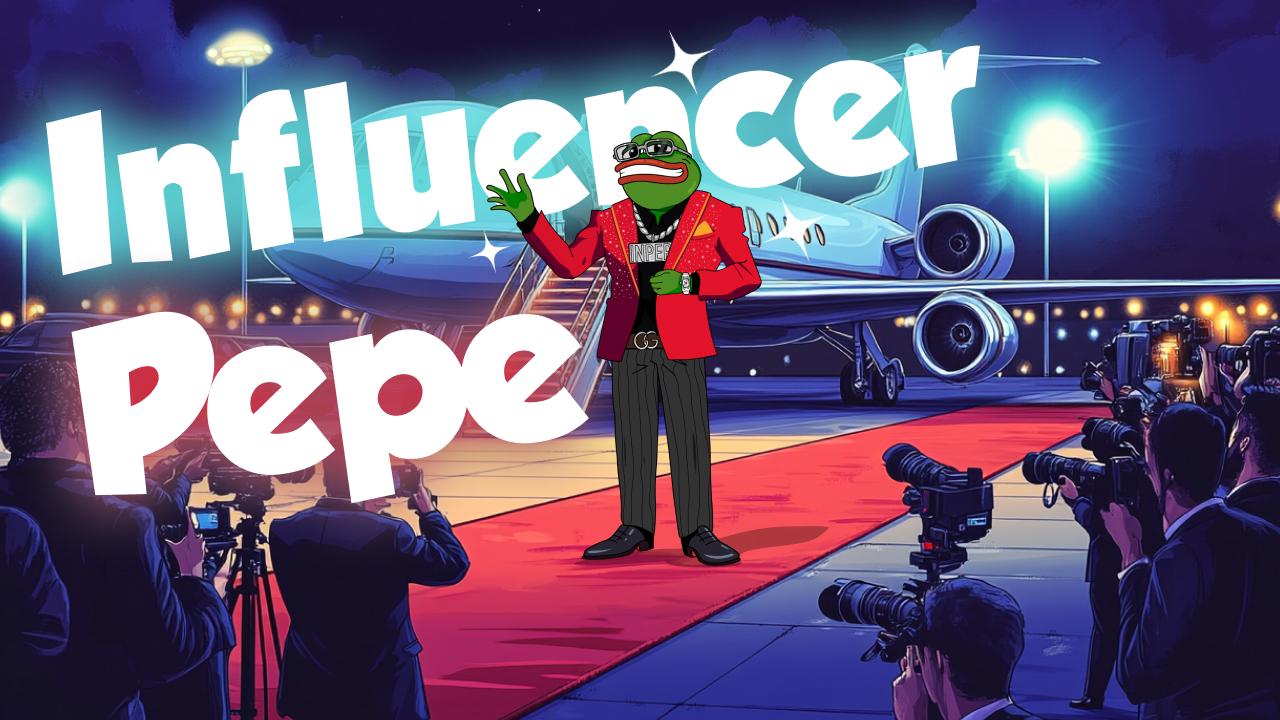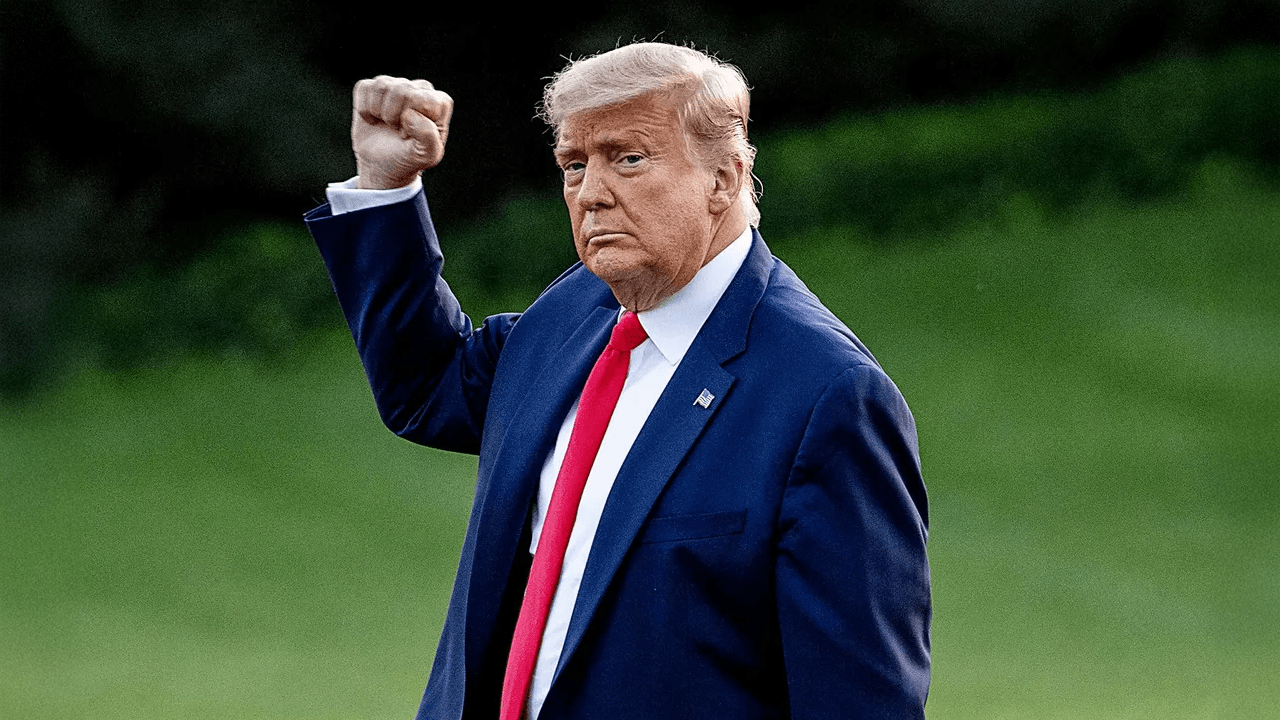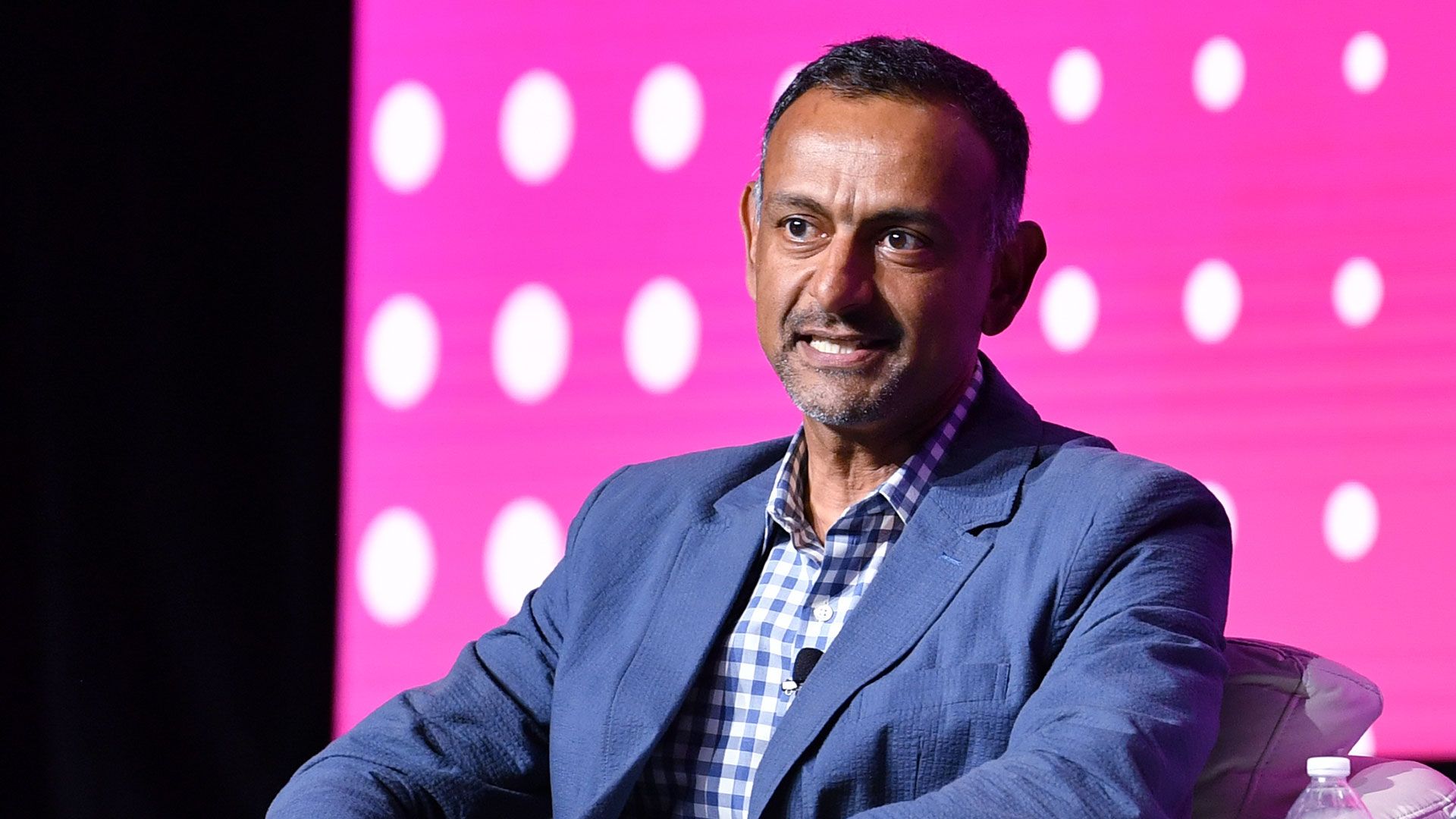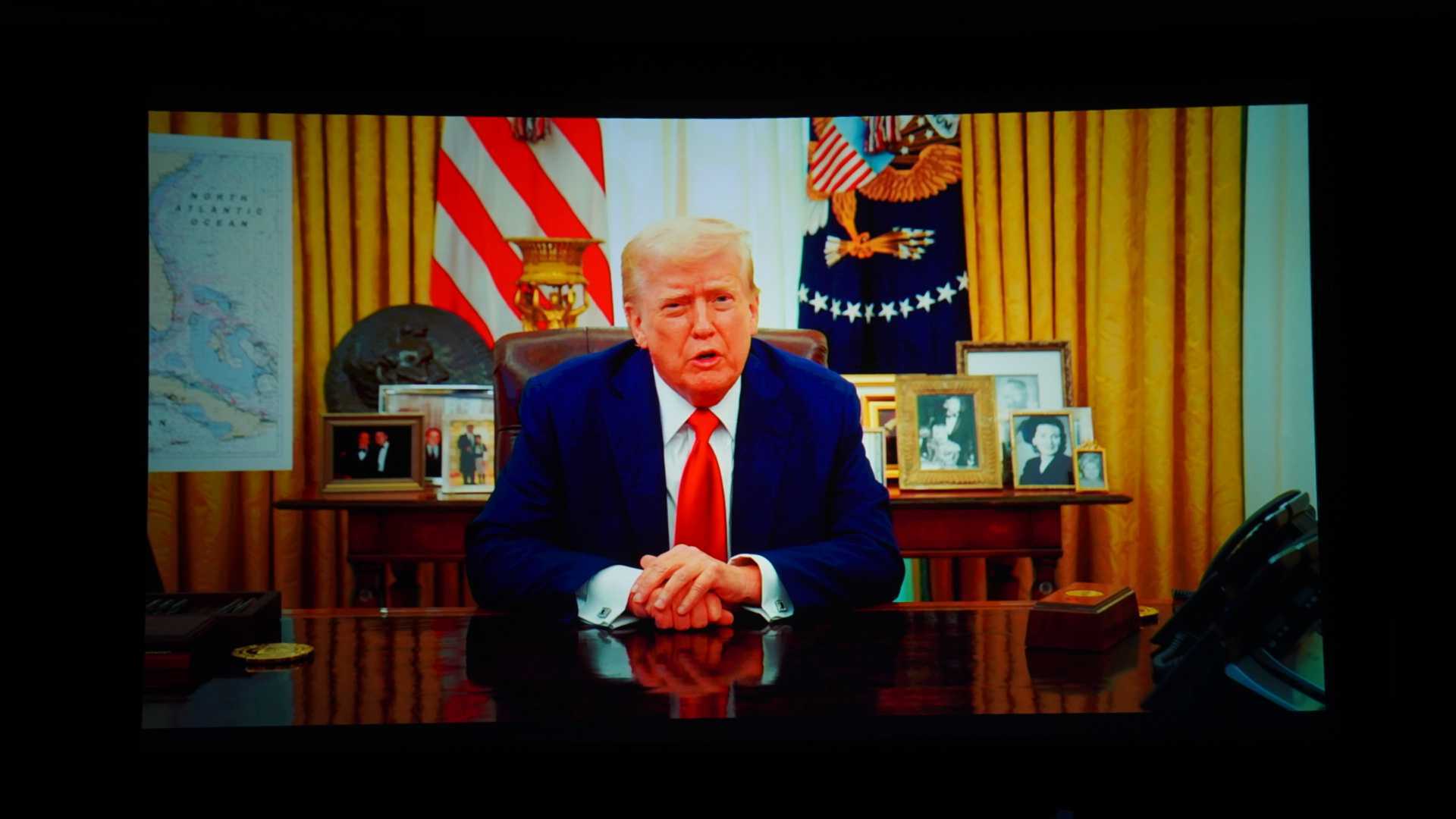From Nobel buzz to hiring halt: Trump funding cuts hobble UW protein design startup machine
Since 2014, UW Medicine’s Institute for Protein Design has spun off 10 startups, and the institute’s director, University of Washington biochemist David Baker, has co-founded 21 tech companies. After Baker won the Nobel Prize in October, interest spiked from graduate students and postdoctoral researchers eager to join IPD in pursuit of academic or entrepreneurial ventures. The timing was perfect. The artificial intelligence used to create previously nonexistent proteins with the potential to provide new cancer treatments, tackle plastic waste, deliver life-saving vaccines, capture carbon and other essential tasks has hit its stride. Then everything came to a screeching halt. Due… Read More


Since 2014, UW Medicine’s Institute for Protein Design has spun off 10 startups, and the institute’s director, University of Washington biochemist David Baker, has co-founded 21 tech companies. After Baker won the Nobel Prize in October, interest spiked from graduate students and postdoctoral researchers eager to join IPD in pursuit of academic or entrepreneurial ventures.
The timing was perfect. The artificial intelligence used to create previously nonexistent proteins with the potential to provide new cancer treatments, tackle plastic waste, deliver life-saving vaccines, capture carbon and other essential tasks has hit its stride.
Then everything came to a screeching halt.
Due to Trump administration efforts to slash research budgets and threats to state funding, UW Medicine in February instituted a temporary hiring freeze for non-clinical roles, followed by a university-wide freeze on non-essential positions in March.
That means UW academic departments will likely accept fewer graduate students, and labs — Baker’s included — are unable to hire postdocs unless they successfully lobby leadership for exemptions. That means fewer highly educated researchers will get the chance to delve into these new technologies, potentially curbing the startups spinning out of IPD.
“In some sense it’s like [Charles] Dickens wrote — ‘It was the best of times, it was the worst of times,'” Baker said in an interview with GeekWire.
“The opportunities are incredible. The amount of talent that would like to come here to work on these problems is enormous,” he said, thanks in part to the Nobel Prize. But with the freeze and other funding cuts, they’ve had to push applicants away.
‘A disaster’

If the timing had been different, David Younger could have been one of those people.
Younger is the CEO of A-Alpha Bio, one of the startups that launched out of IPD research. He did his PhD and postdoc at the UW, and co-founded Seattle’s A-Alpha Bio in 2018 after incubating at the UW’s CoMotion. The company is designing proteins and measuring their interactions with other proteins, looking for new connections such as those between antibodies and viruses.
The company has raised $65.5 million, including venture capital investments, Department of Defense funding and grants. It employs about 50 people.
Younger is troubled by diminished support for academic training and research, and its broader impacts.
“It’s a disaster for everyone,” he said. “There are so many different types of careers that are enabled only by those types of educational opportunities and experiences.”
The Trump administration has chopped away at university budgets through multiple avenues. In the name of efficiency, it wants dramatic cuts to National Institutes of Health reimbursements for costs including rent, utilities, administrative support and other infrastructure. Research funding at Columbia University and Harvard is facing uncertainty, with huge amounts of federal support withdrawn or under review amid allegations of antisemitic discrimination. The University of Washington is among the institutions the Trump administration may also penalize.
Added to that uncertainty is a revenue shortfall in Washington state that is pushing Gov. Bob Ferguson and state lawmakers to shrink spending.
“The cuts proposed by the Governor and state legislature disproportionately impact the UW — and do so at a time when the federal government’s damaging cutbacks to research and health-care funding are already hitting home, magnifying their impact,” UW President Ana Mari Cauce wrote in an email to alumni on Tuesday.
Potential for lost leadership

Marc Cummings, CEO of Life Science Washington, an organization promoting the state’s biotech sector, fears the economic impacts of the cuts. In this state, the industry “is primarily home grown with most local companies being able to trace their success back to technology or people that came from UW or other local research institutes,” he said by email.
“America has built a life science industry that is the envy of the world,” he added. “The industry employs 2.3 million people in the U.S. and we lead the world in biotech investment and new drug development. Why? Because we have the best research universities that attract the best global talent and conduct the most advanced medical research.”
Helen Eisenach is a grad student working with Baker and IPD associate professor Neil King. She has funding for about another year-and-a-half to work on her PhD. What she does next is increasingly uncertain given the decreasing federal support for research.
The situation puzzles her.
While Eisenach is focused on engineering new proteins for treating health and environmental issues, science also stokes progress in communications, technology, military advancement, agriculture and manufacturing. Without funding, the U.S. gives up its leadership in these fields, she said.
“You’re up against countries,” Eisenach said, “who have absolutely no qualms about spending every dollar towards being the best in class.”
Making the world a better place

Daniel Adriano Silva co-founded two companies with IPD roots: Neoleukin Therapeutics, which launched in 2019 and later merged with Neurogene, and Monod Bio, a 20-person company started in 2021 that creates proteins for use in research, health diagnostics and clinical settings.
Silva participated in IPD’s Translational Investigator program, which helps academics transition into entrepreneurship.
He is now CEO of Seattle-based Monod, and believes the local biotech ecosystem is special.
“There is a concentration of talent around machine learning and AI and biosciences here that is unique,” Silva said.
Labs across UW Medicine, the UW and elsewhere in the U.S. are waiting to see how the funding questions are settled and how many researchers they’ll be able to support. Baker weighs the pros and cons of the situation he faces.
“It’s a big blow, just because everything was so poised and the opportunities are so great,” Baker said. With the uncertainty, he wonders “can we support the people who are here? Can we bring in new people? Can we really capitalize on all these amazing possibilities for designing proteins to make the world a better place?
The Dickens quote cited by Baker — which is the start of “A Tale of Two Cities” — continues: “it was the age of wisdom, it was the age of foolishness, it was the epoch of belief, it was the epoch of incredulity, it was the season of light, it was the season of darkness, it was the spring of hope, it was the winter of despair.”
















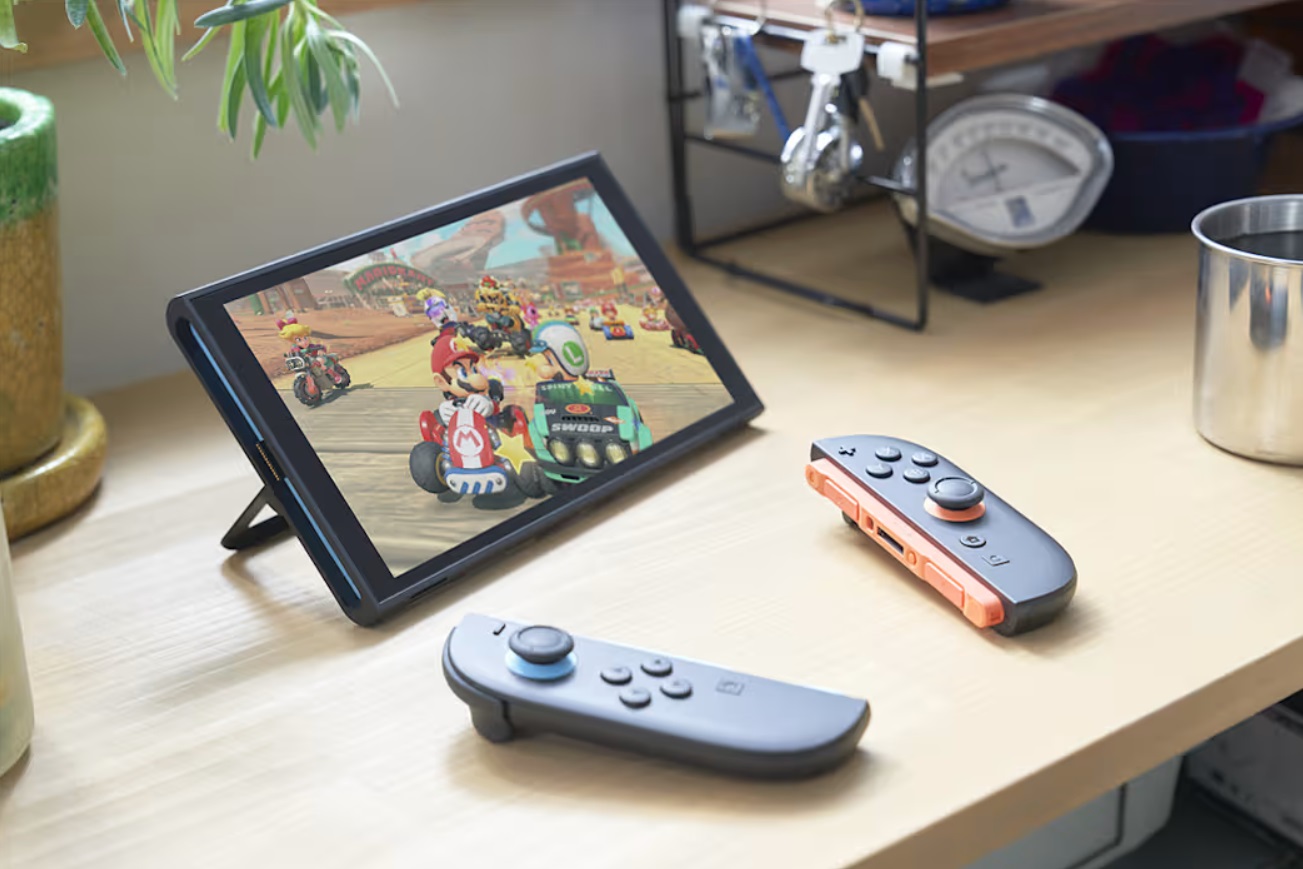










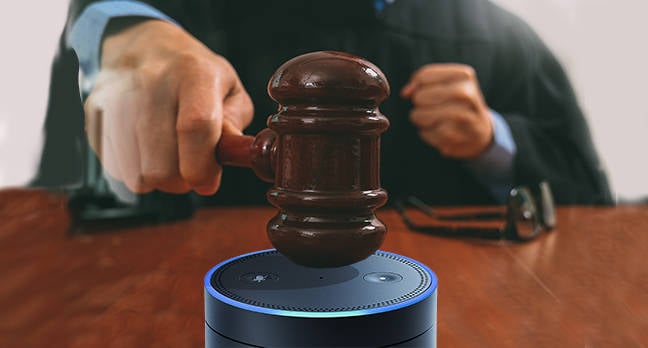






































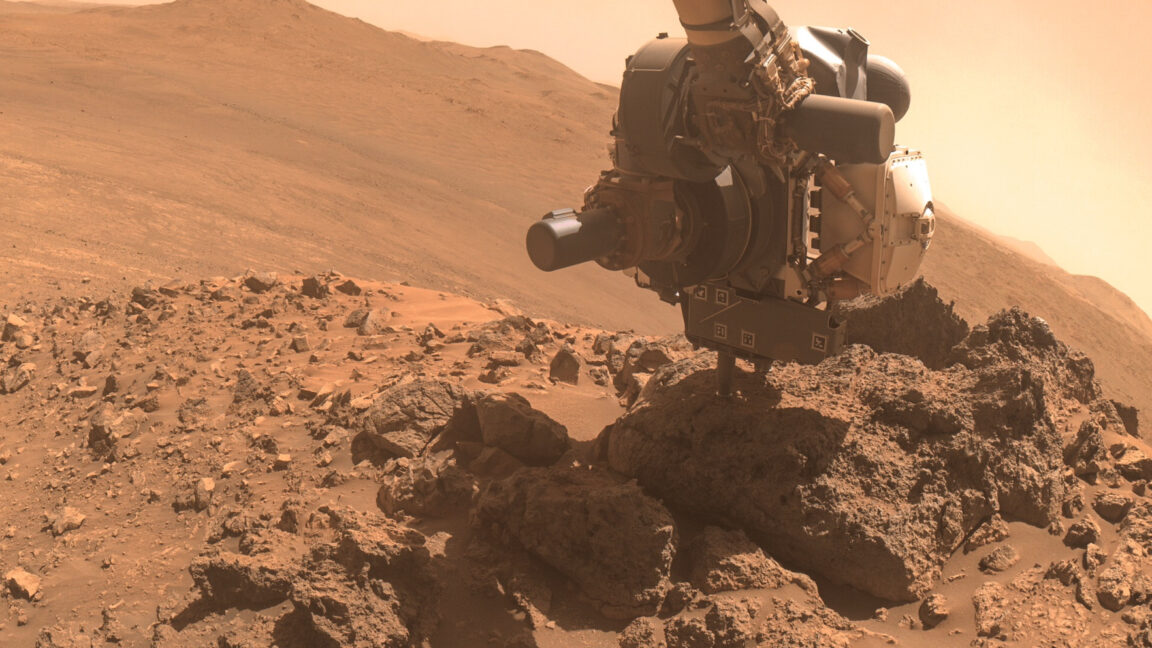










































































































![[The AI Show Episode 142]: ChatGPT’s New Image Generator, Studio Ghibli Craze and Backlash, Gemini 2.5, OpenAI Academy, 4o Updates, Vibe Marketing & xAI Acquires X](https://www.marketingaiinstitute.com/hubfs/ep%20142%20cover.png)















































































































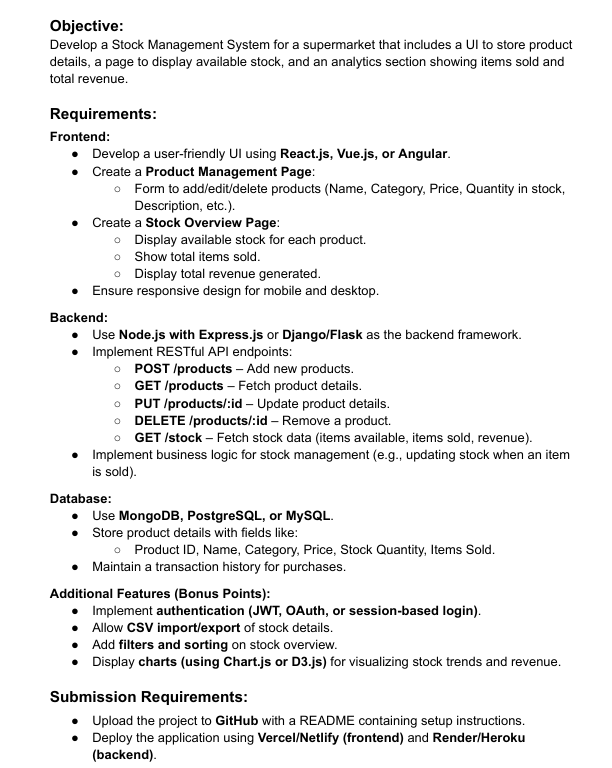
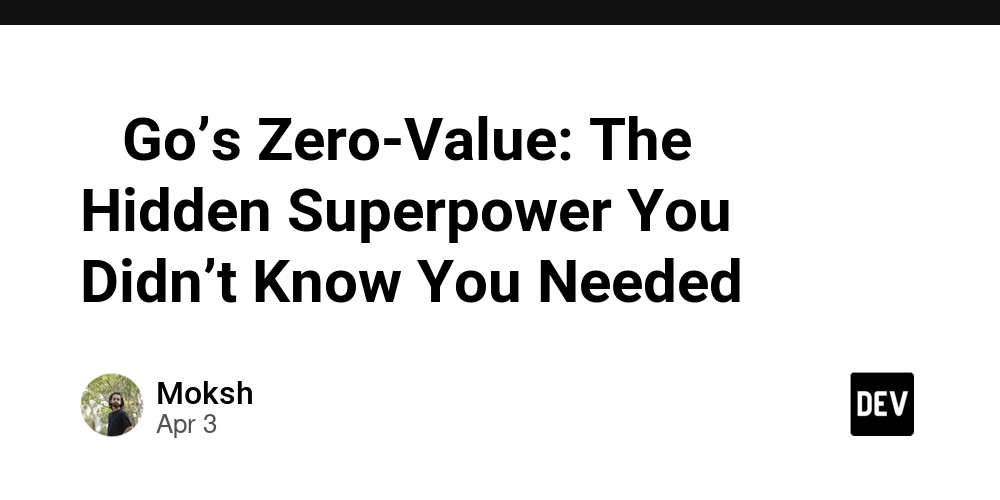
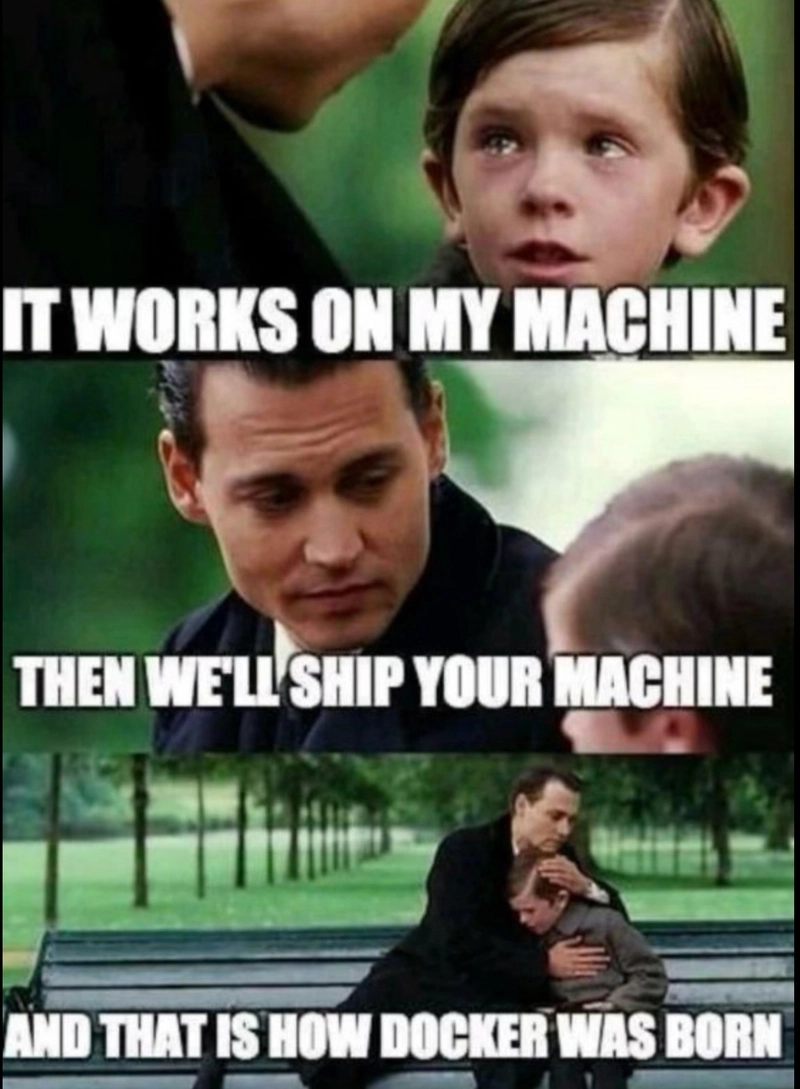













![[DEALS] Microsoft Office Professional 2021 for Windows: Lifetime License (75% off) & Other Deals Up To 98% Off – Offers End Soon!](https://www.javacodegeeks.com/wp-content/uploads/2012/12/jcg-logo.jpg)





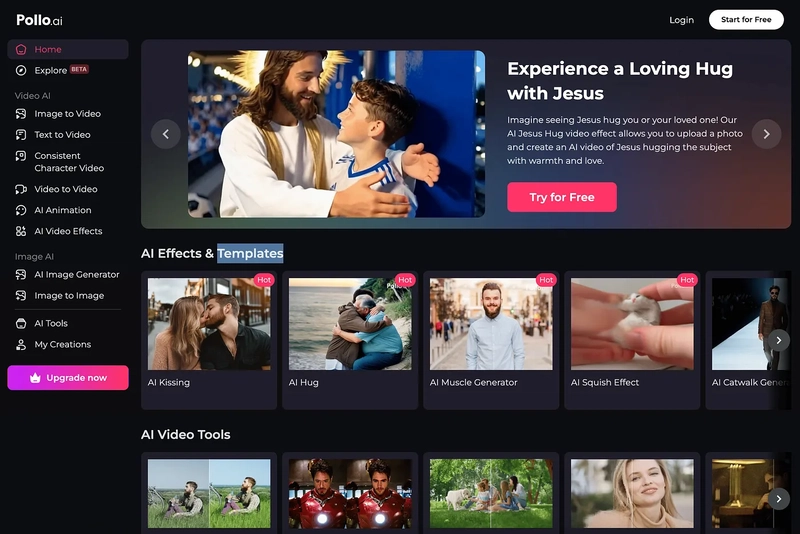










































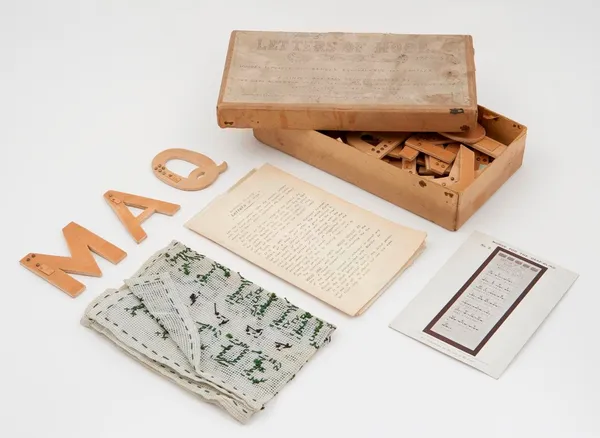














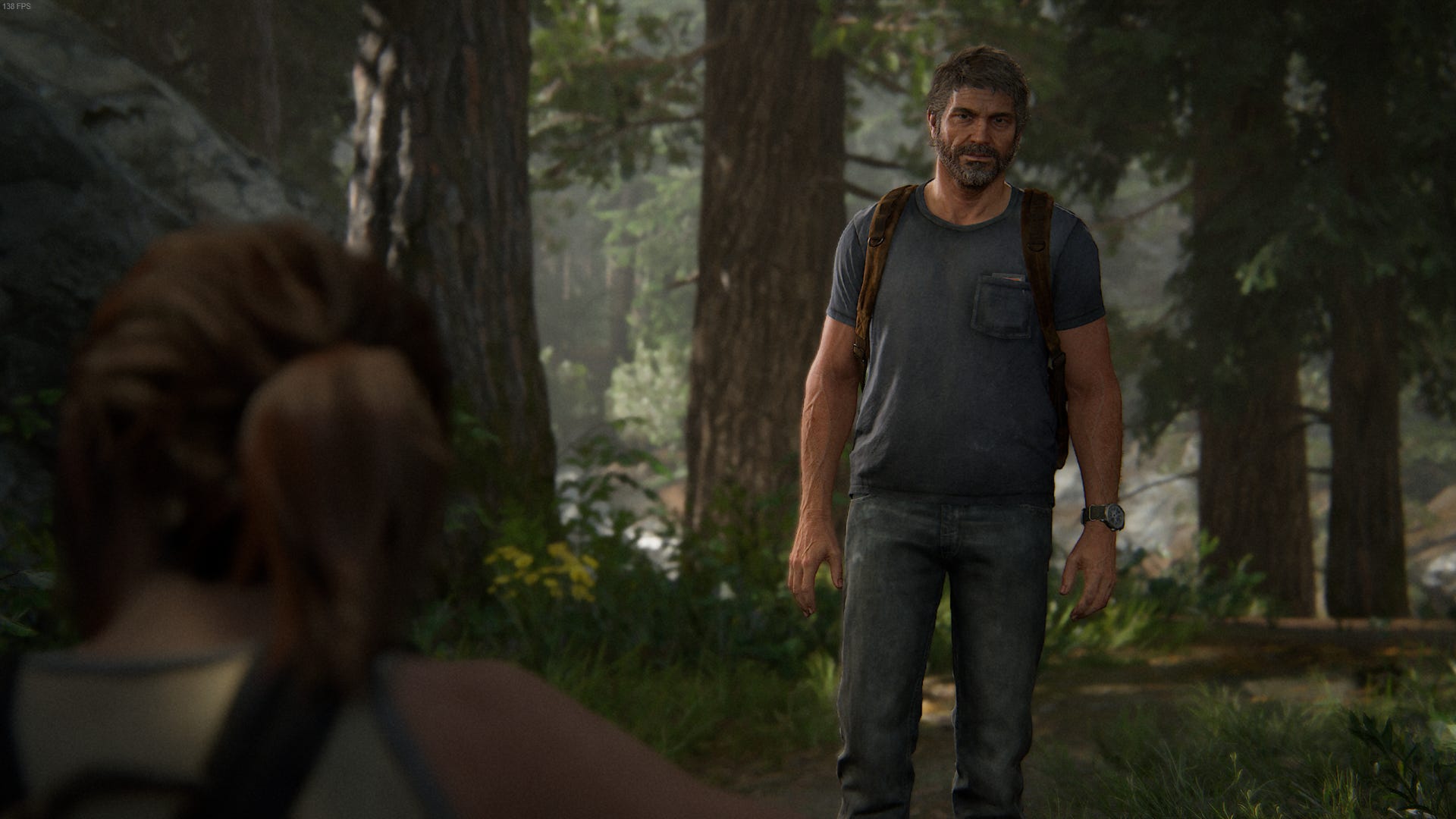
































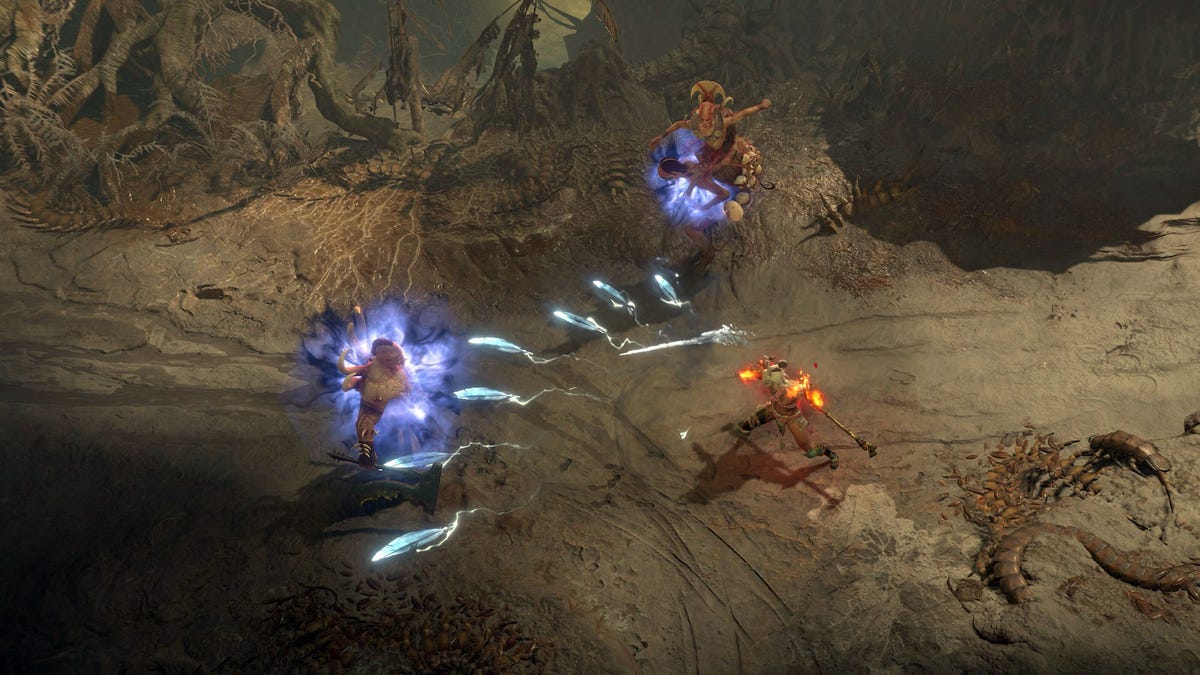













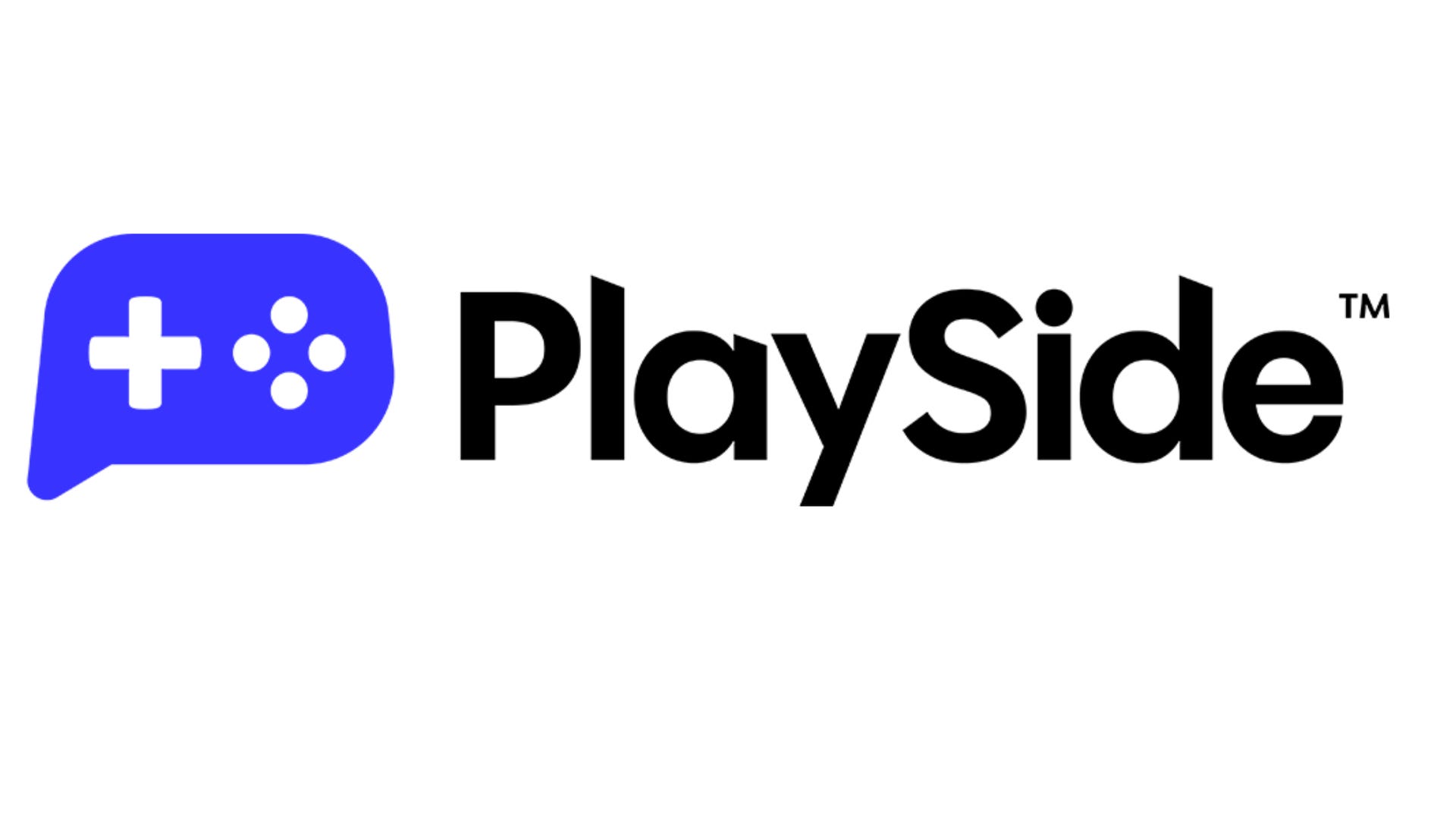






























_Anthony_Brown_Alamy.jpg?#)
_Hanna_Kuprevich_Alamy.jpg?#)
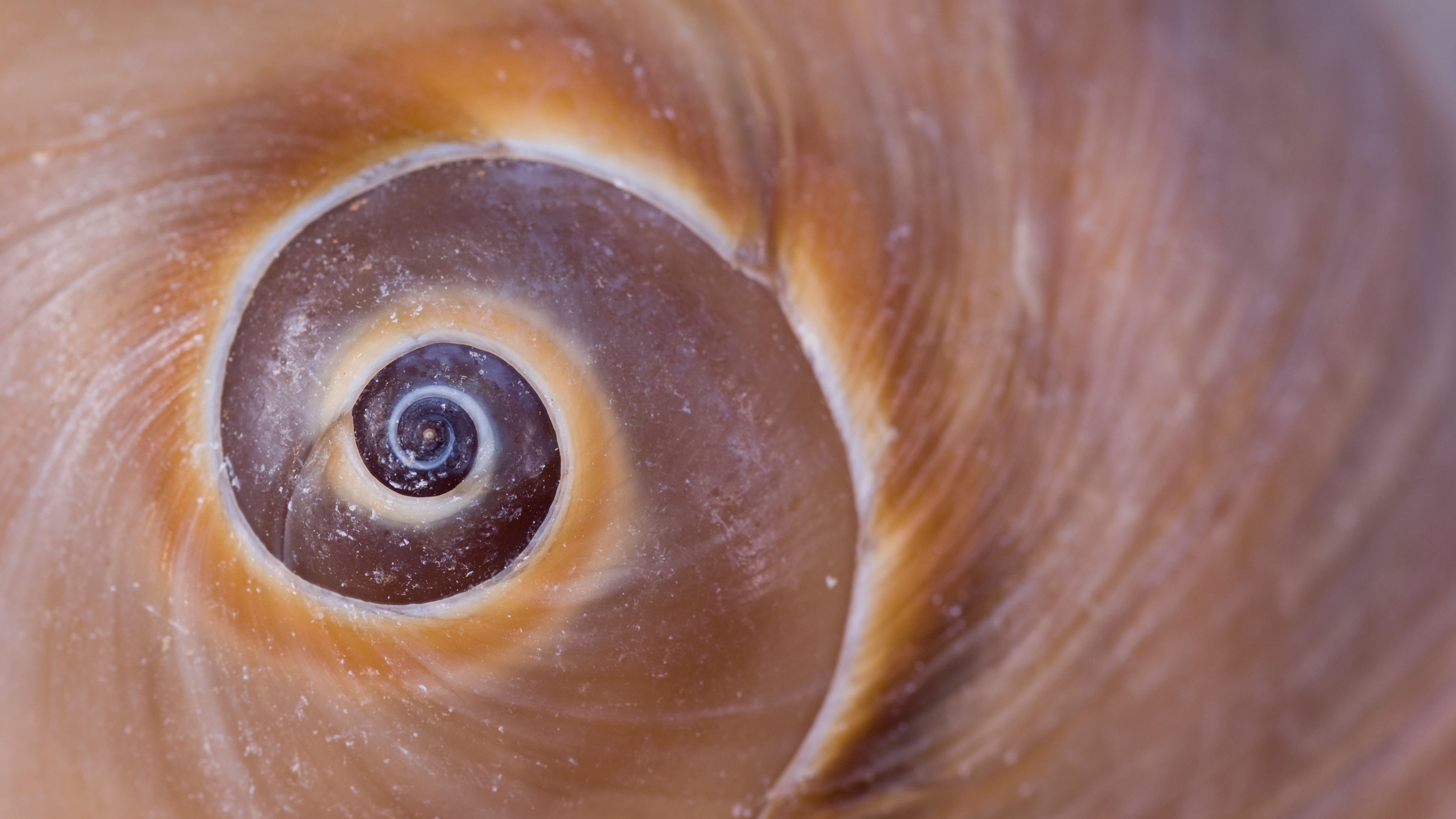



.png?#)




































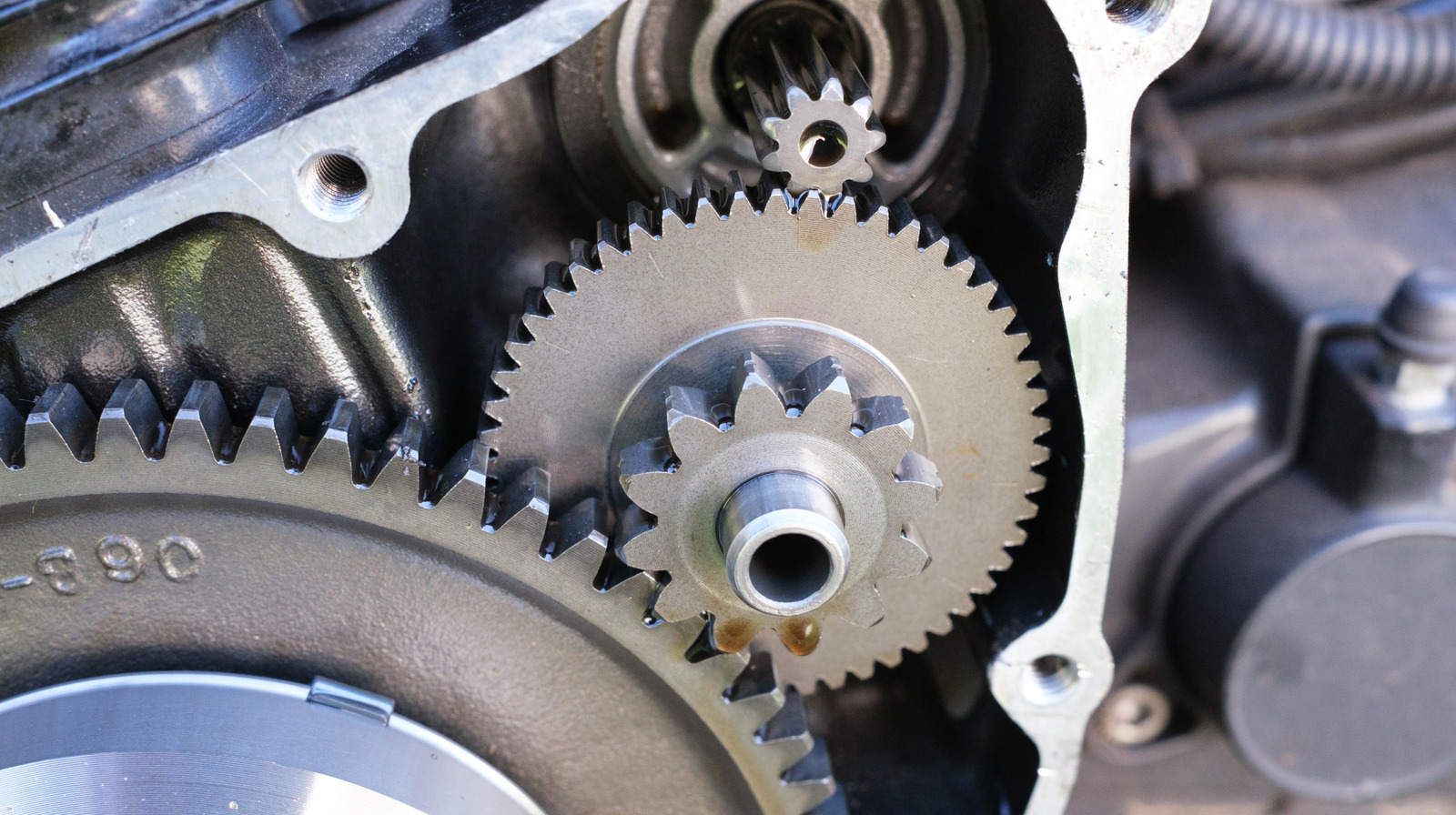












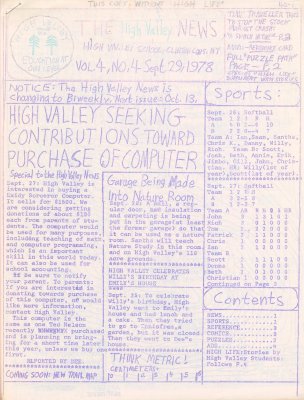

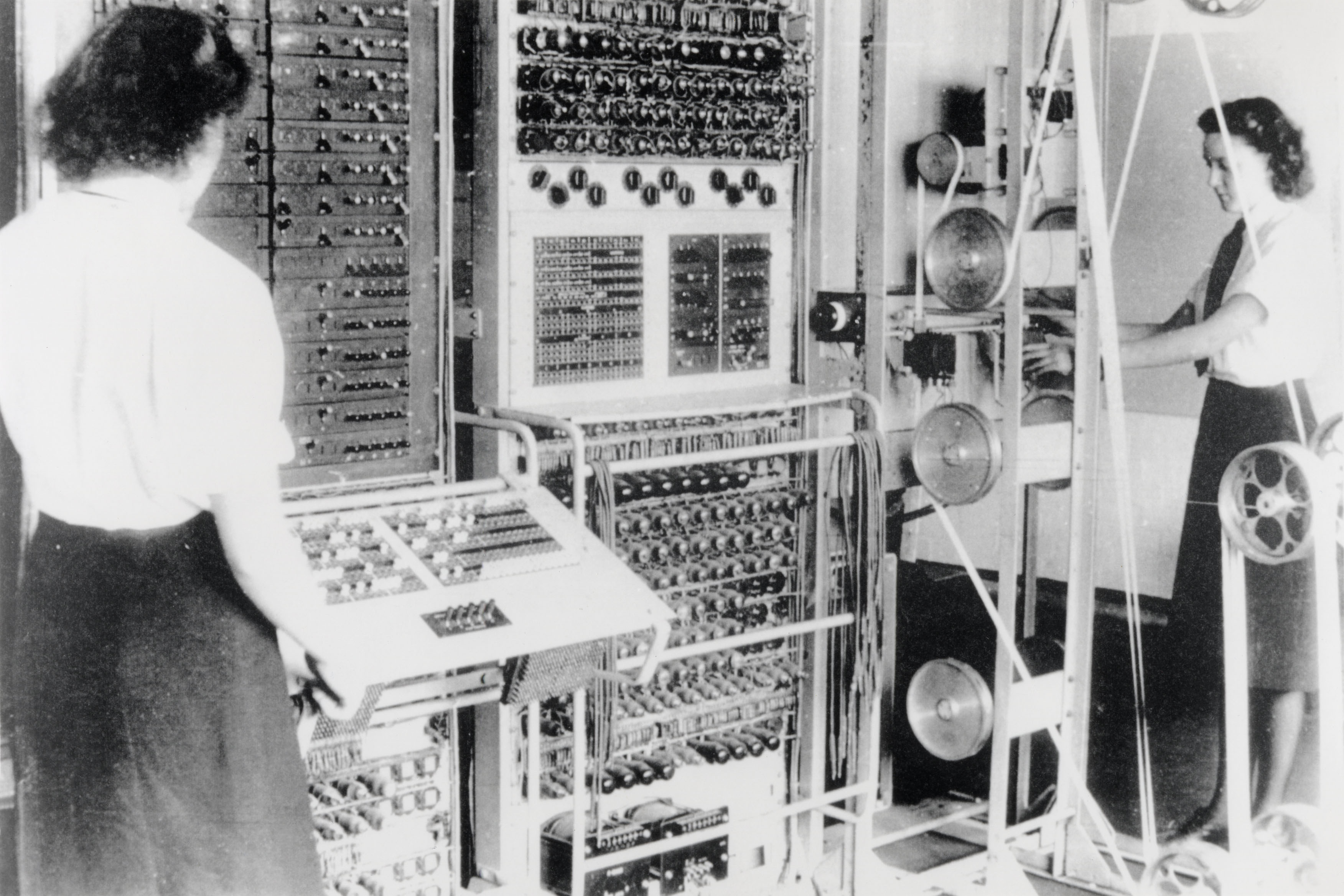
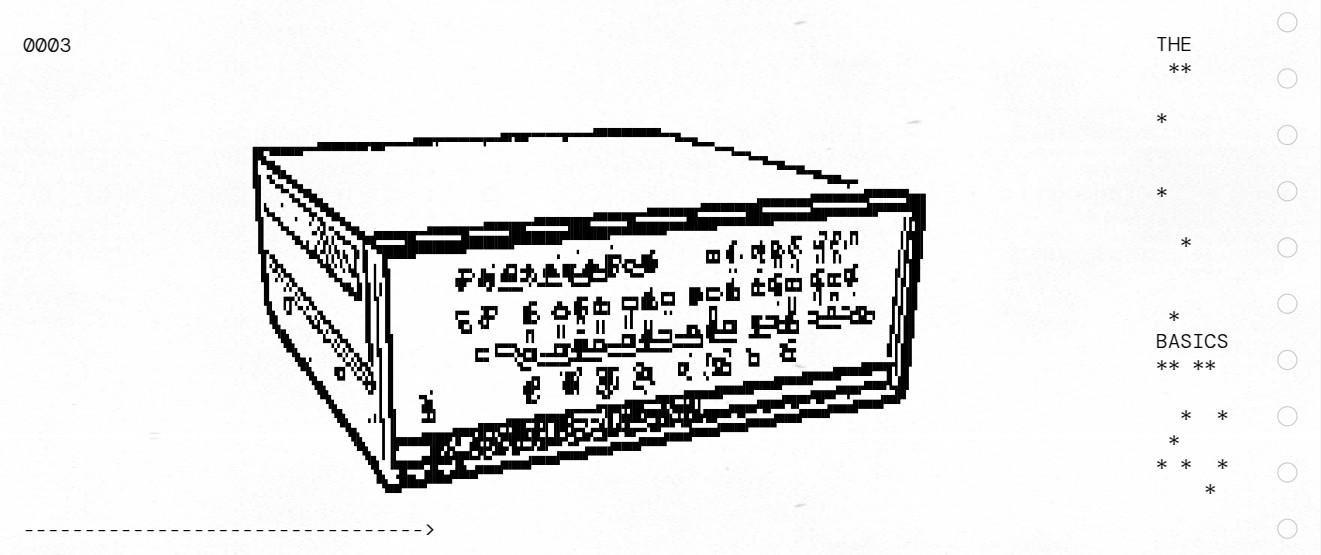




















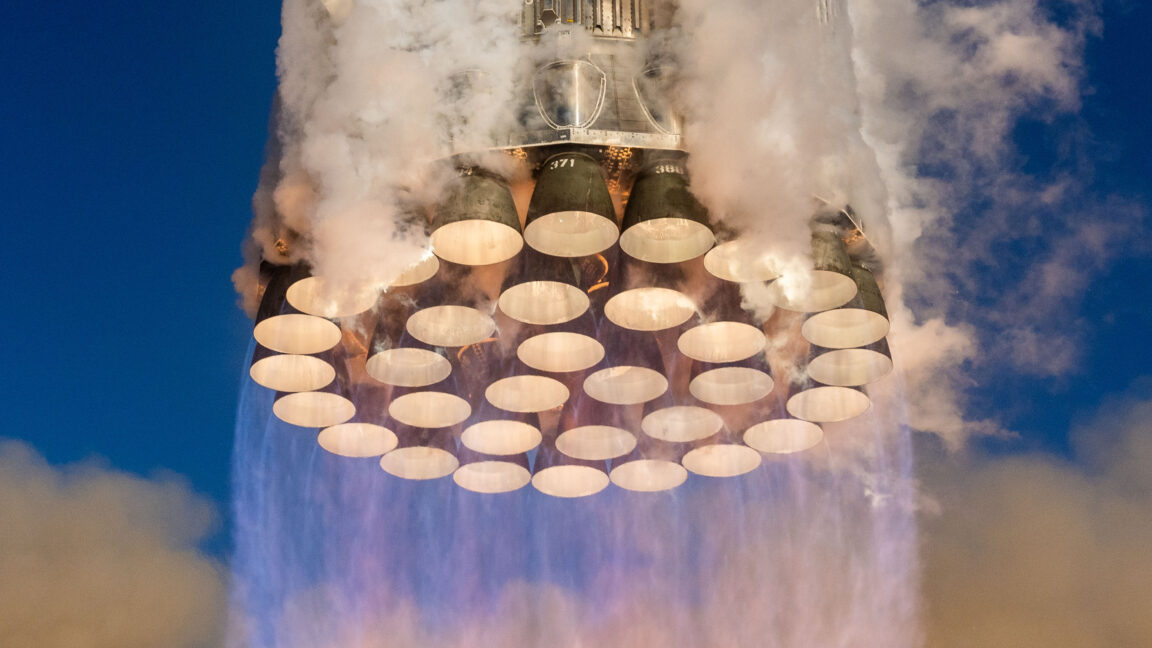
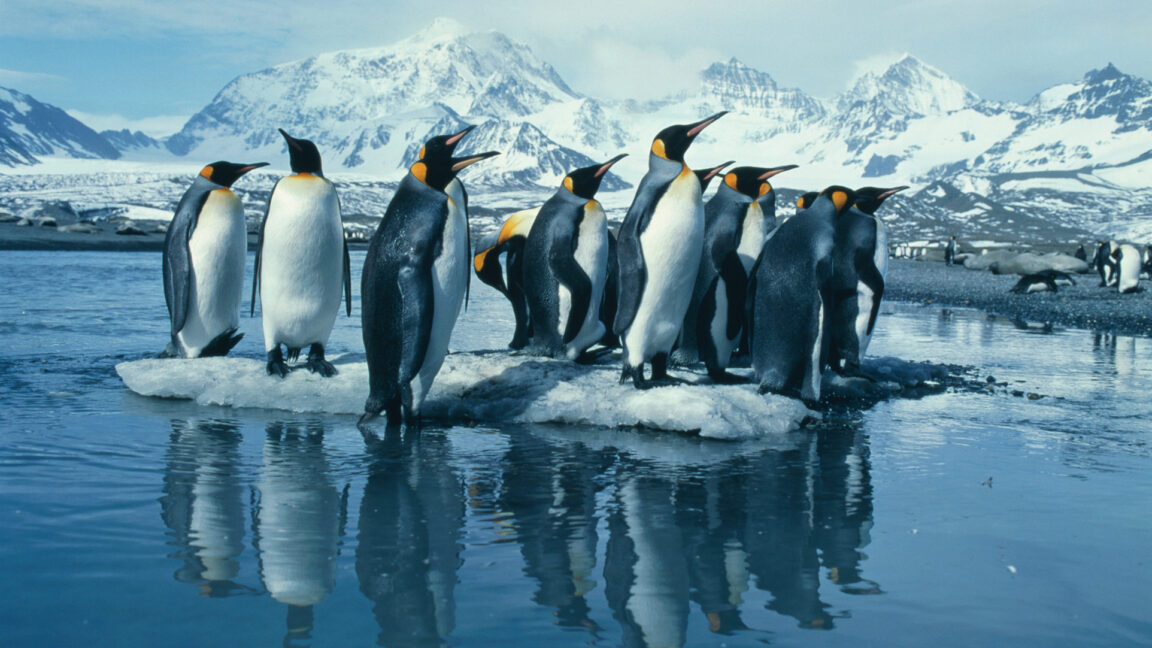

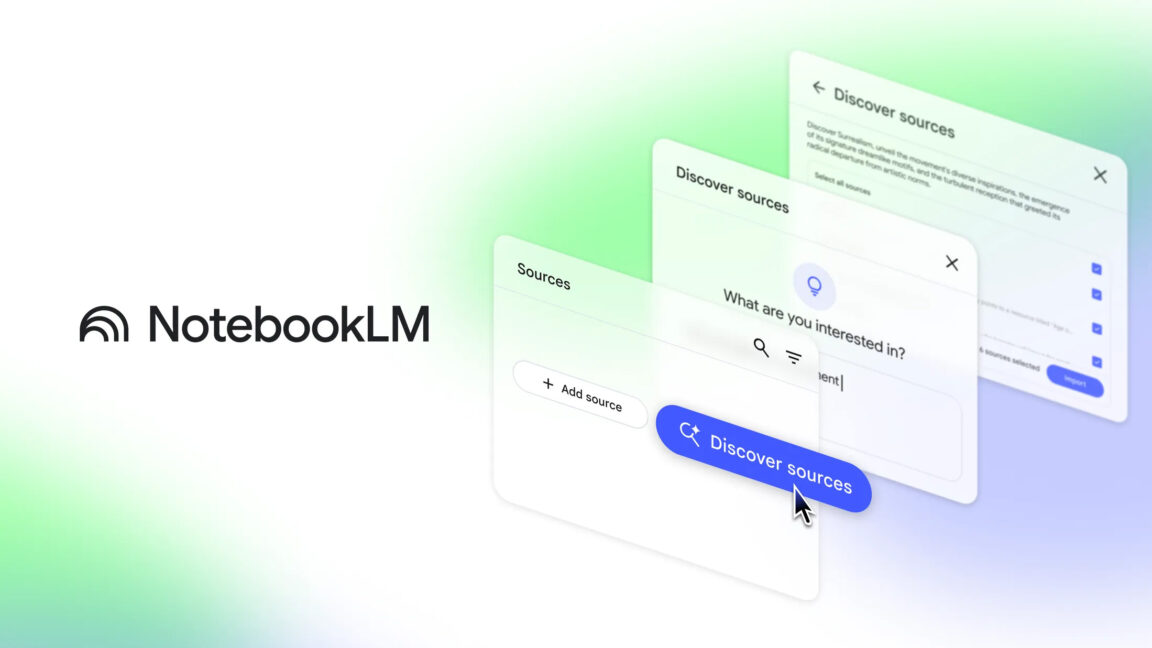
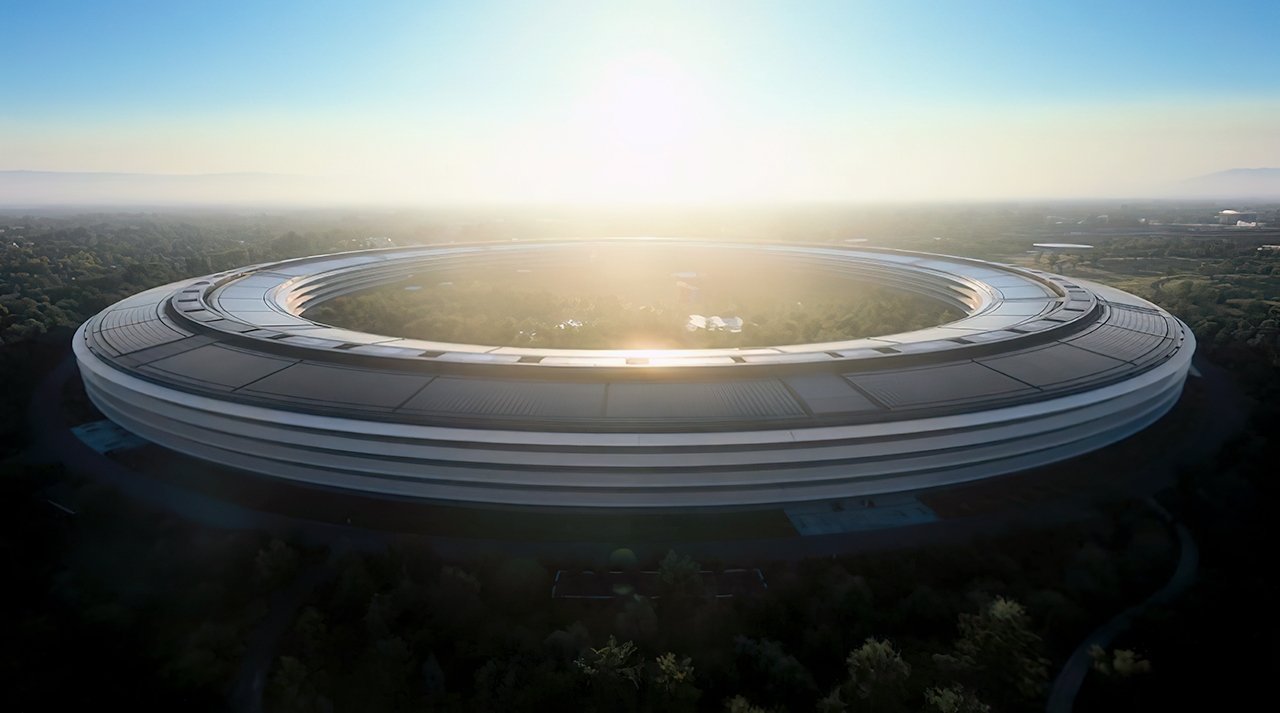
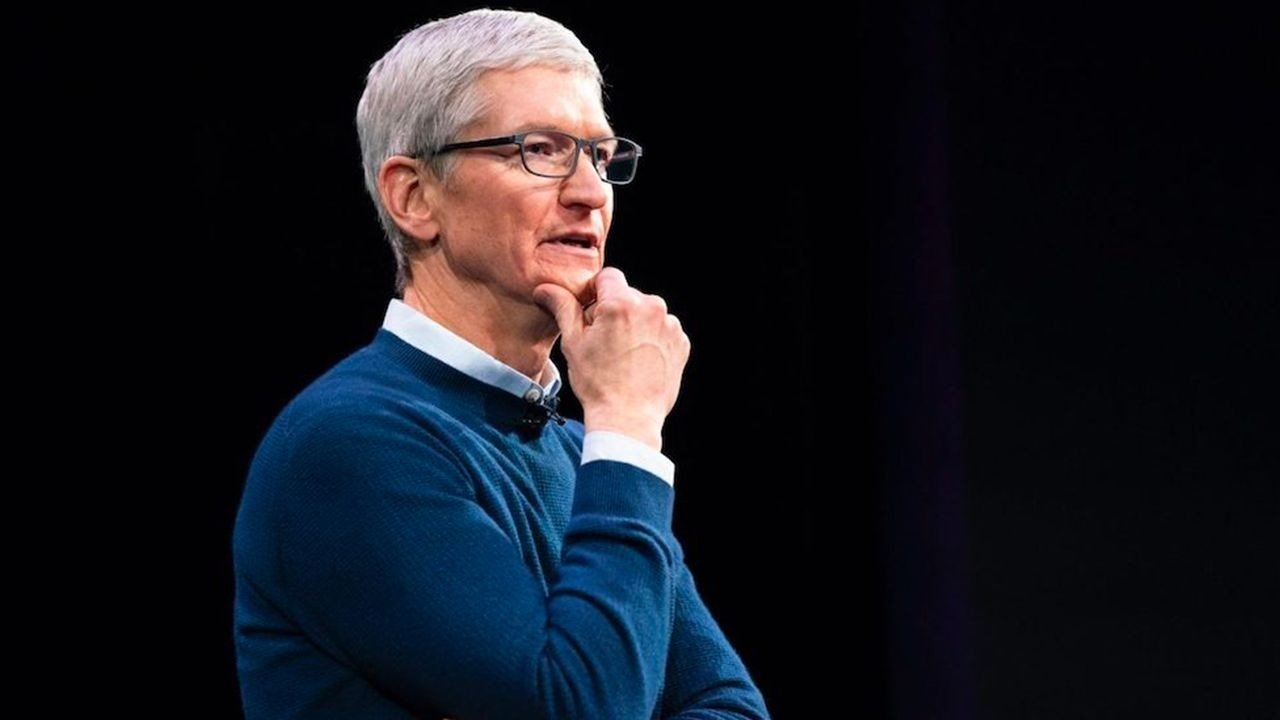
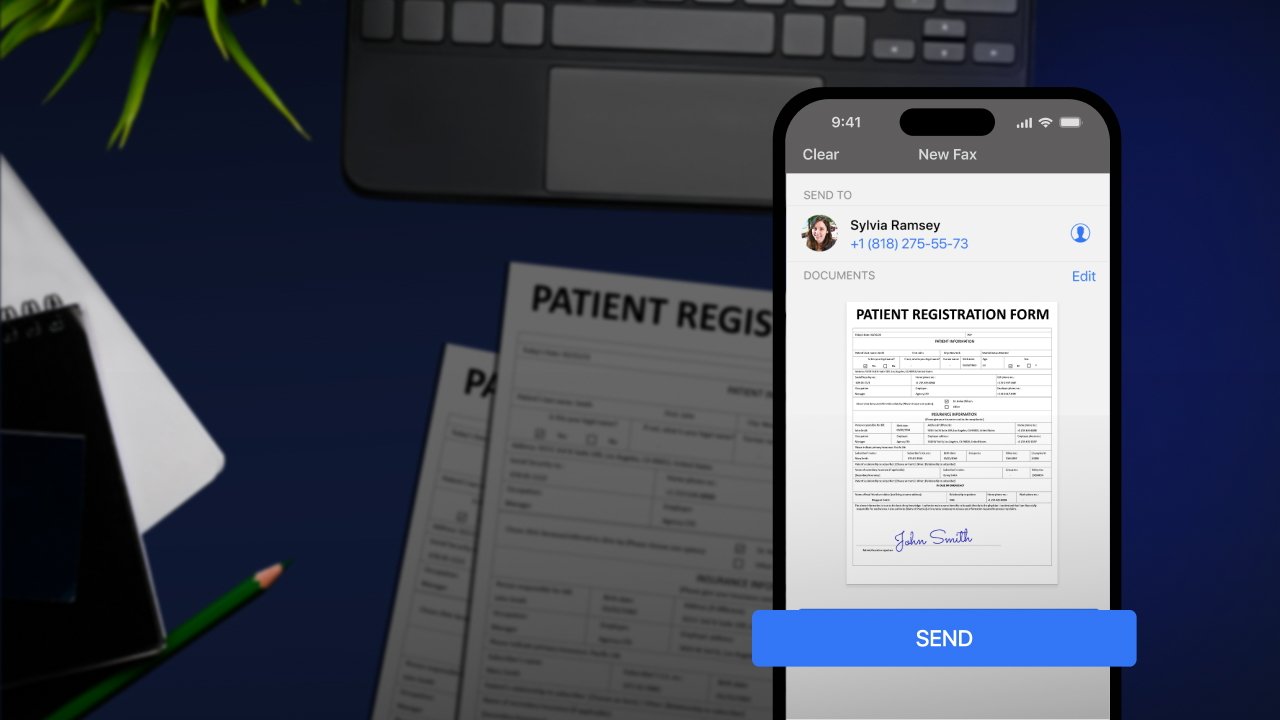
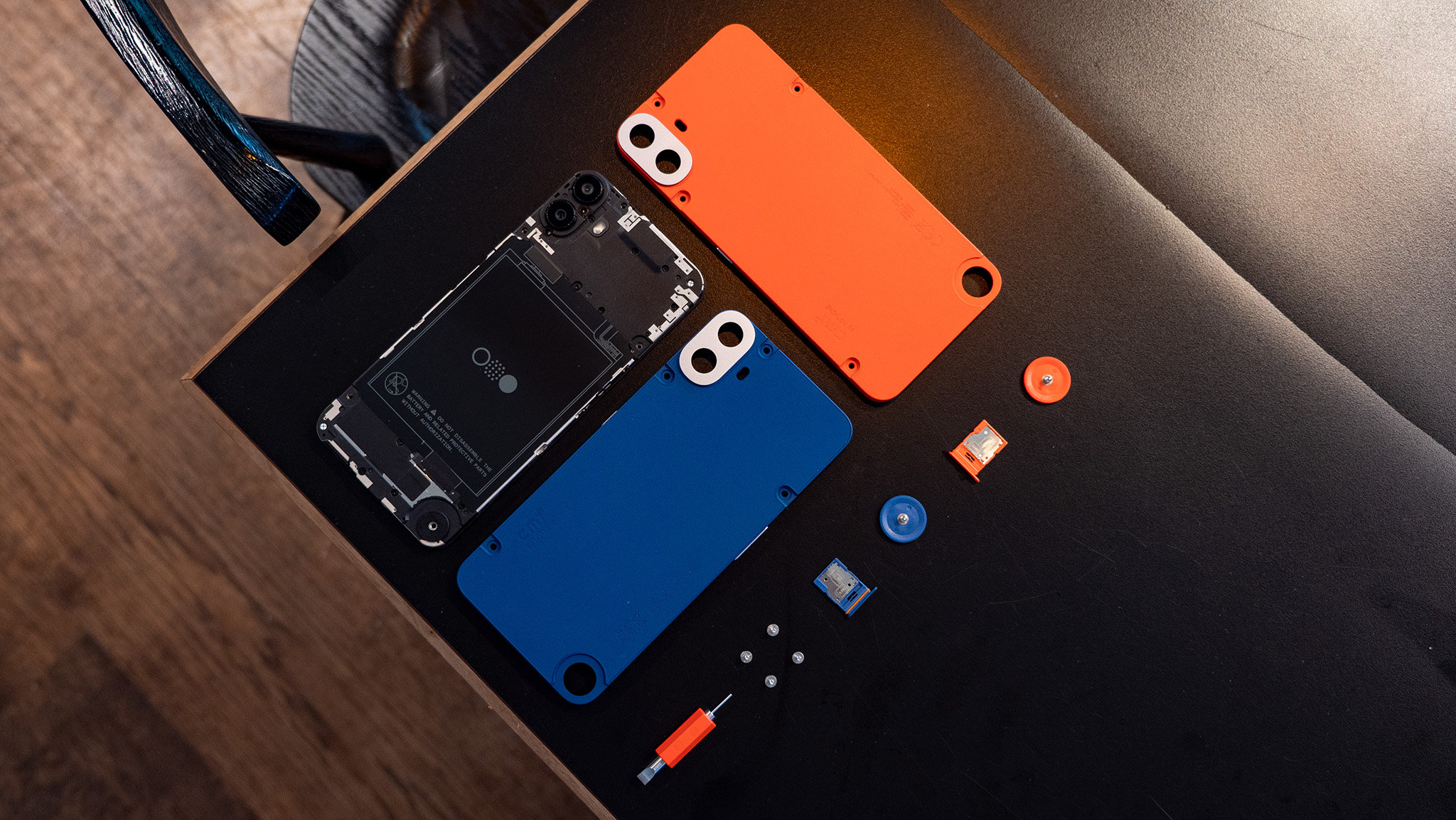
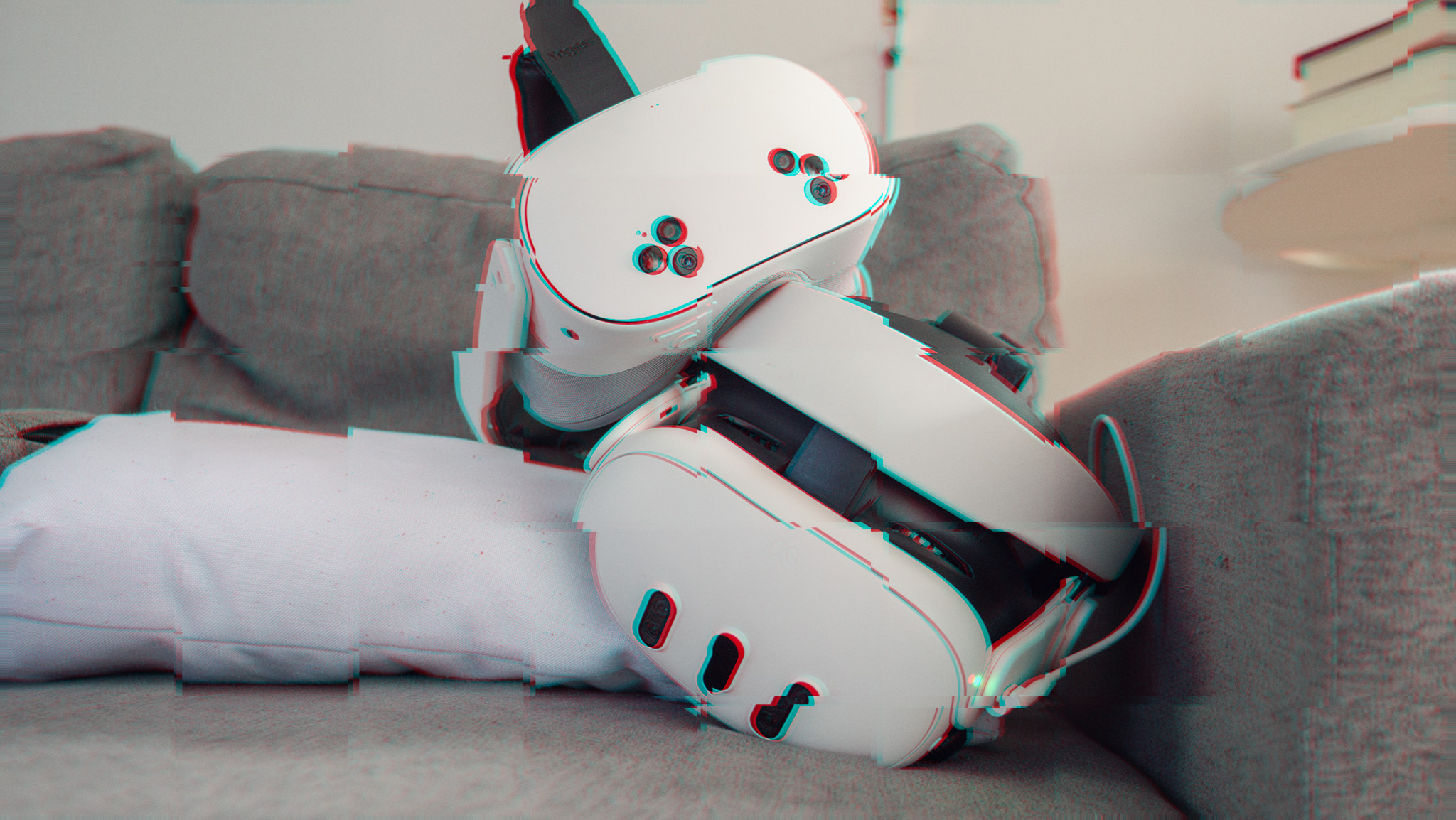
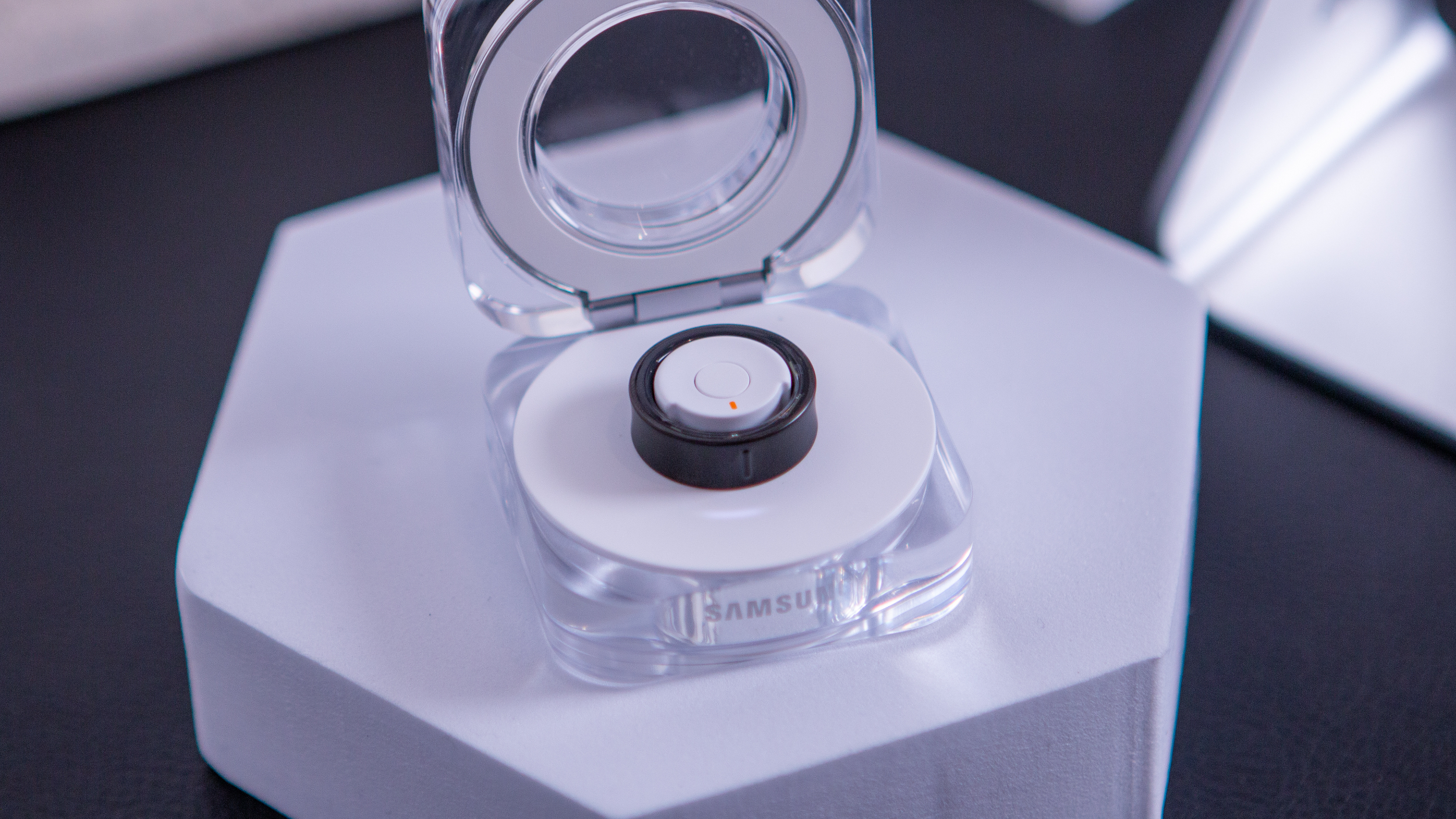
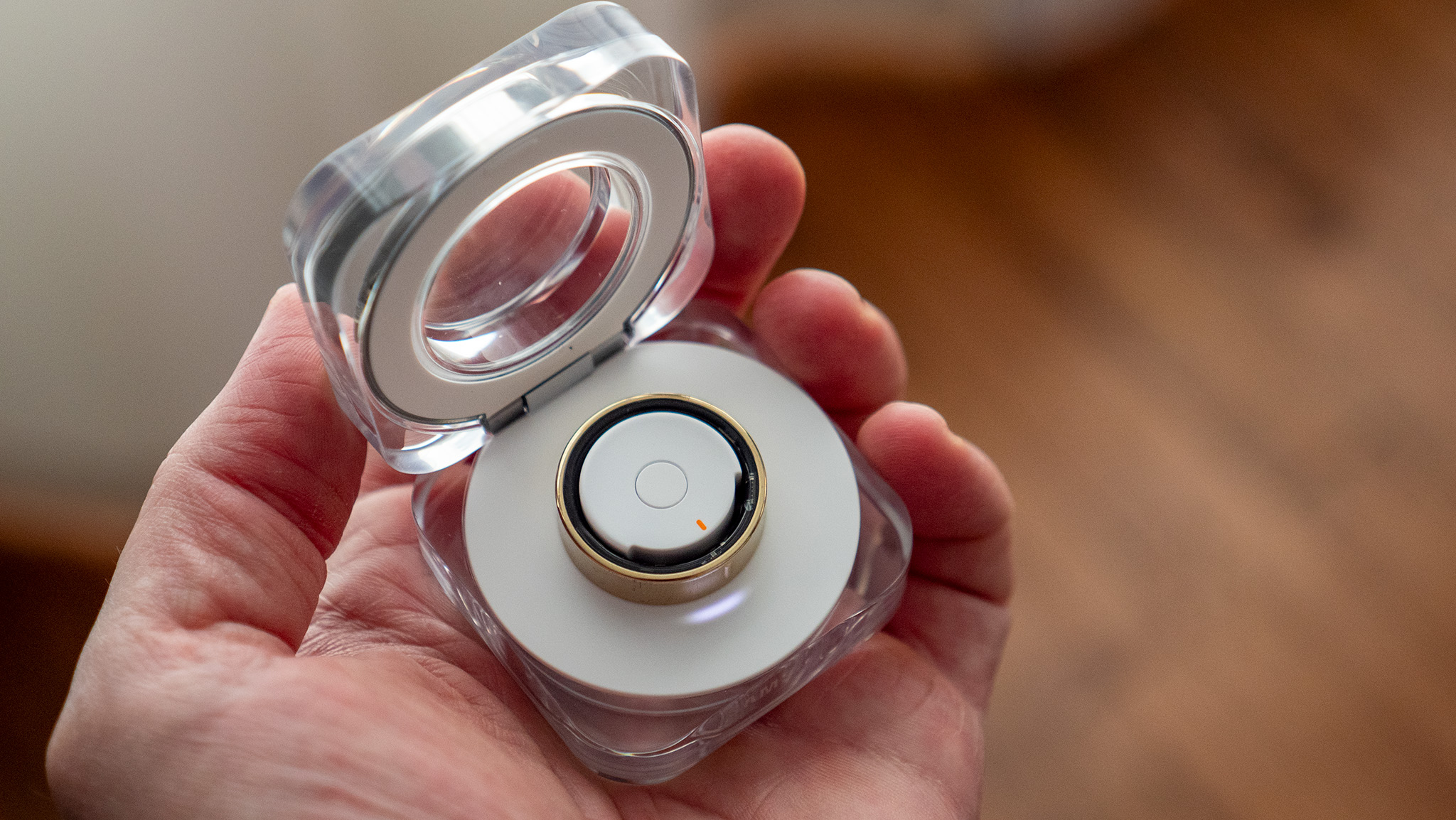
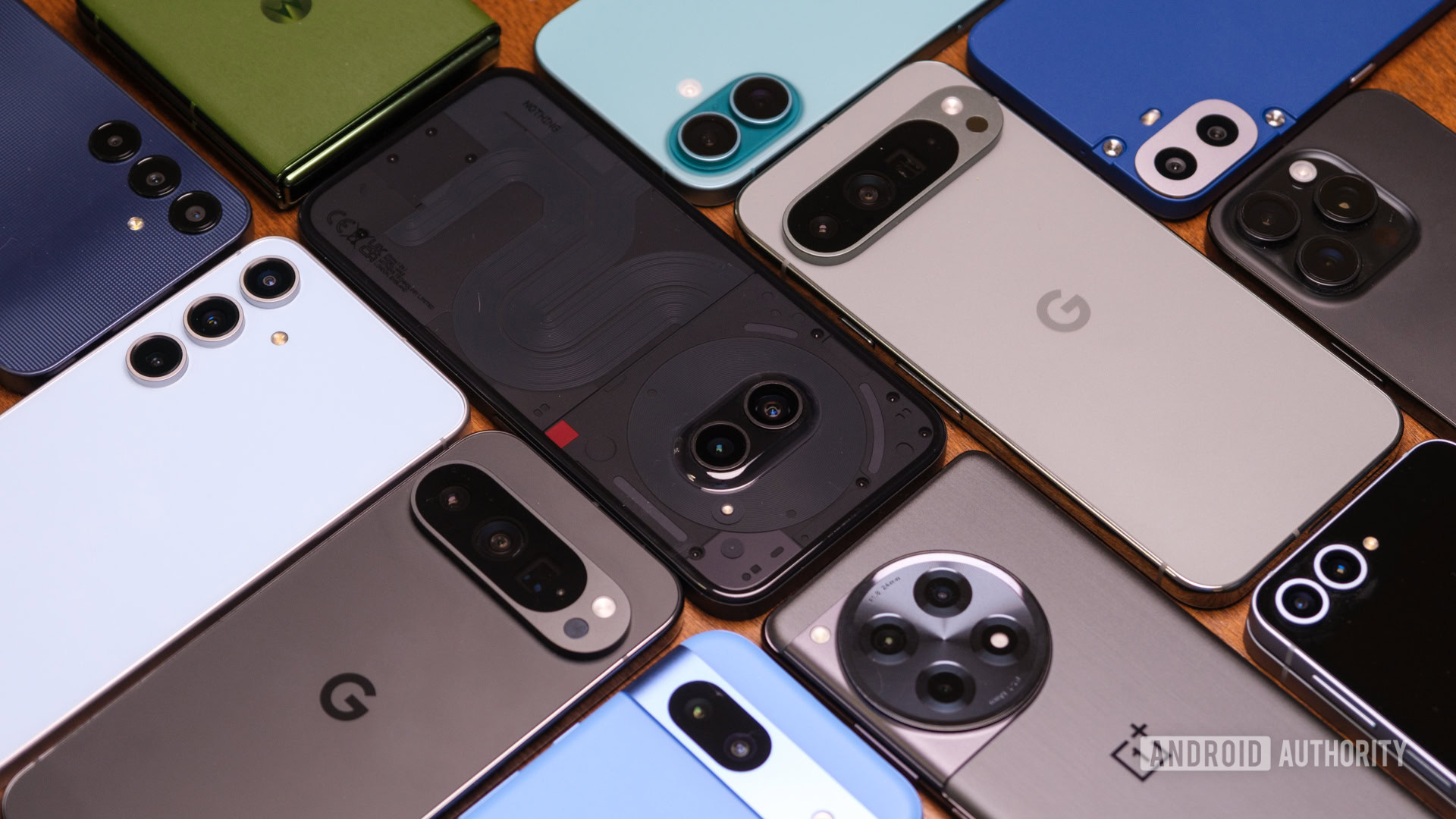
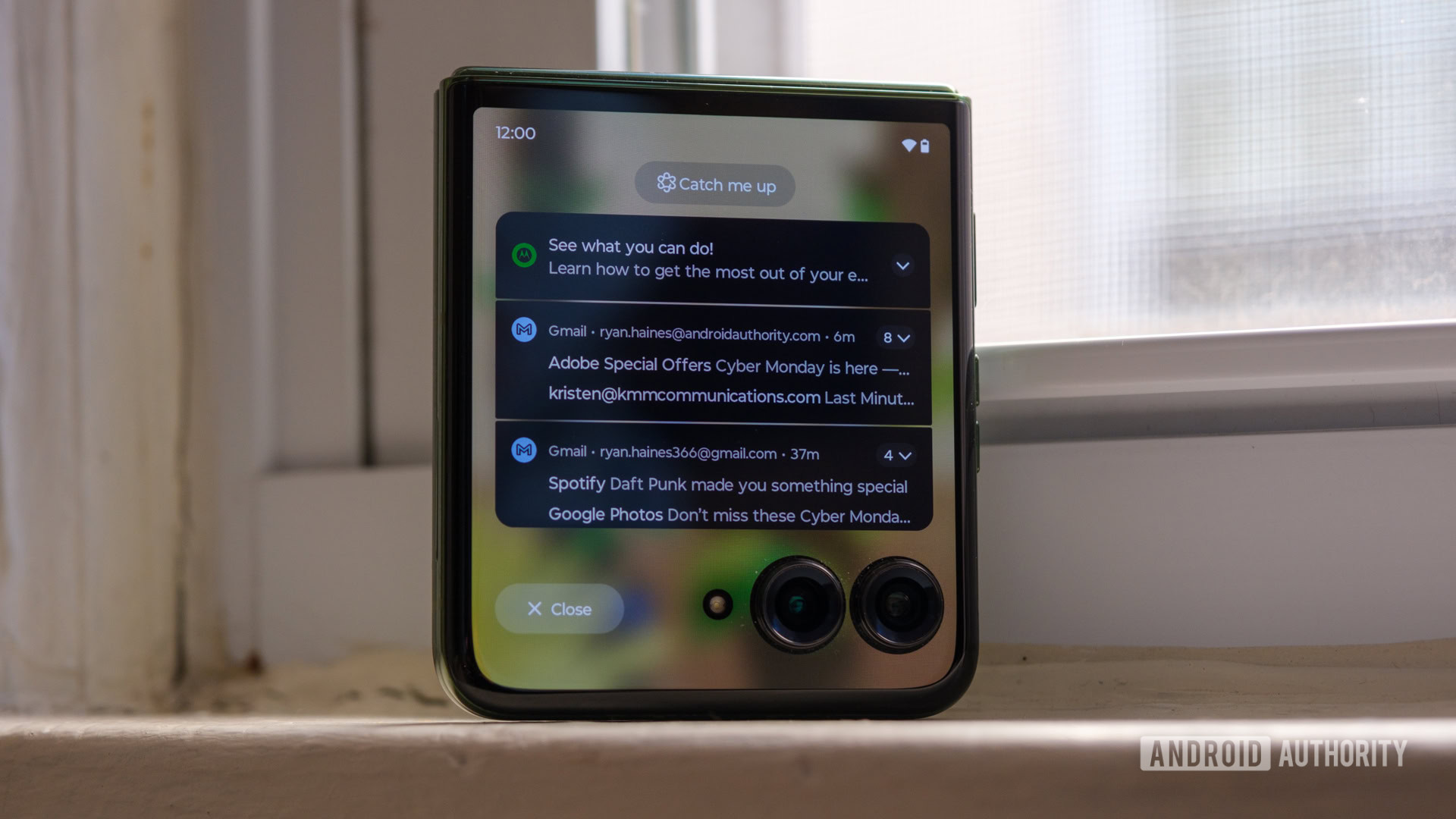



![Hands-on: We got to play Nintendo Switch 2 for nearly six hours yesterday [Video]](https://i0.wp.com/9to5toys.com/wp-content/uploads/sites/5/2025/04/Switch-FI-.jpg.jpg?resize=1200%2C628&ssl=1)
![Fitbit redesigns Water stats and logging on Android, iOS [U]](https://i0.wp.com/9to5google.com/wp-content/uploads/sites/4/2023/03/fitbit-logo-2.jpg?resize=1200%2C628&quality=82&strip=all&ssl=1)










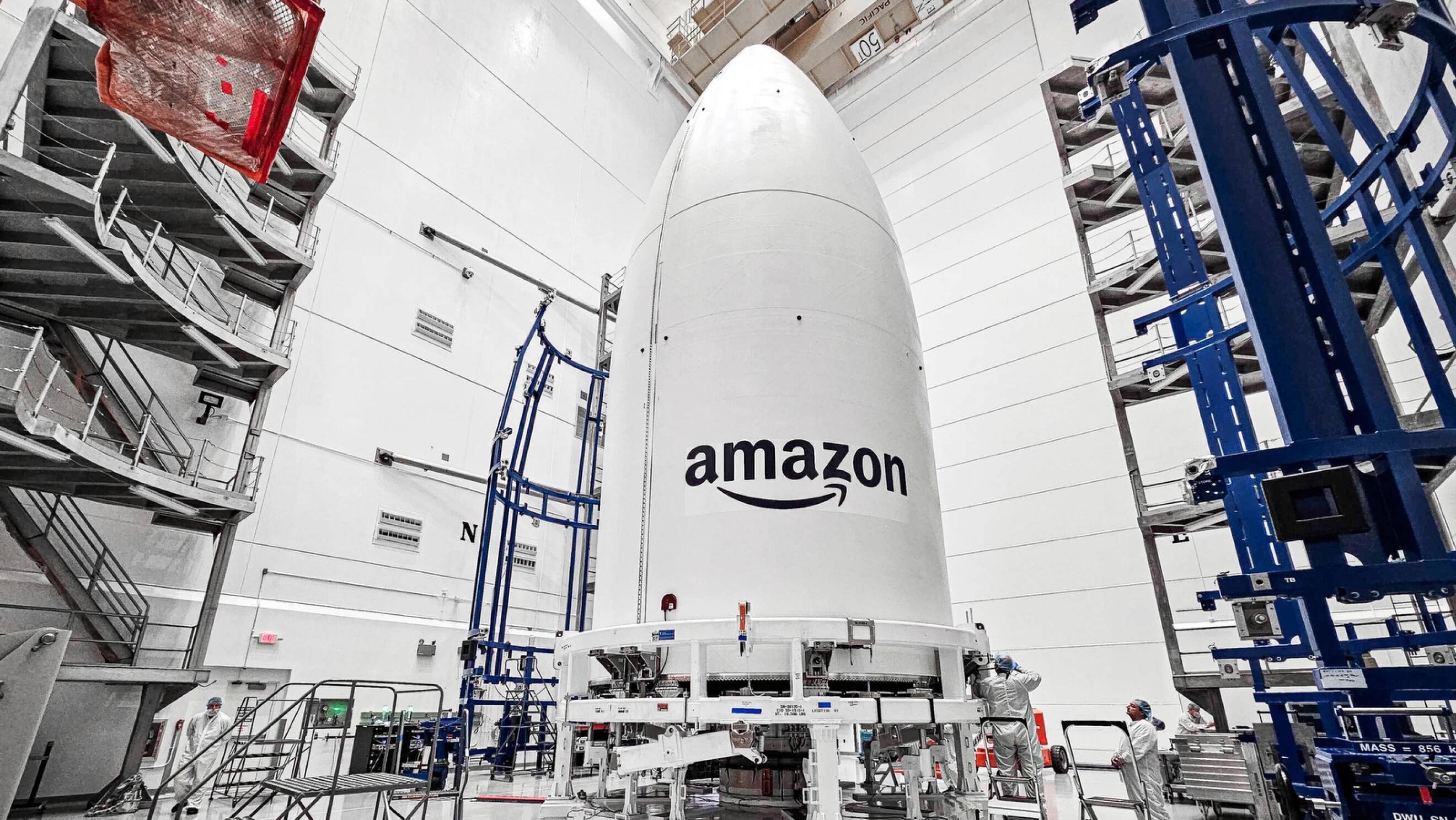
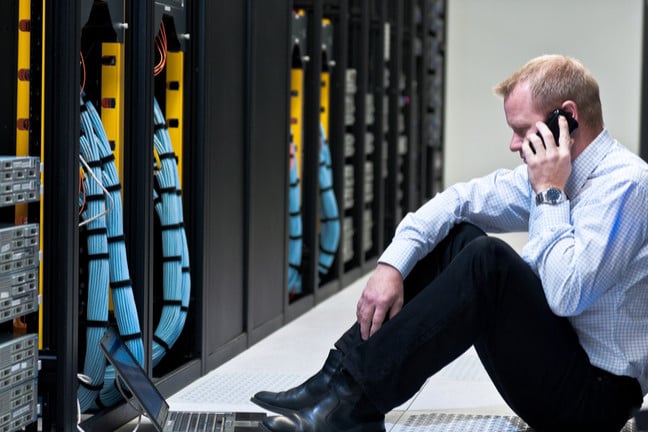


![YouTube Announces New Creation Tools for Shorts [Video]](https://www.iclarified.com/images/news/96923/96923/96923-640.jpg)

![Apple Faces New Tariffs but Has Options to Soften the Blow [Kuo]](https://www.iclarified.com/images/news/96921/96921/96921-640.jpg)













